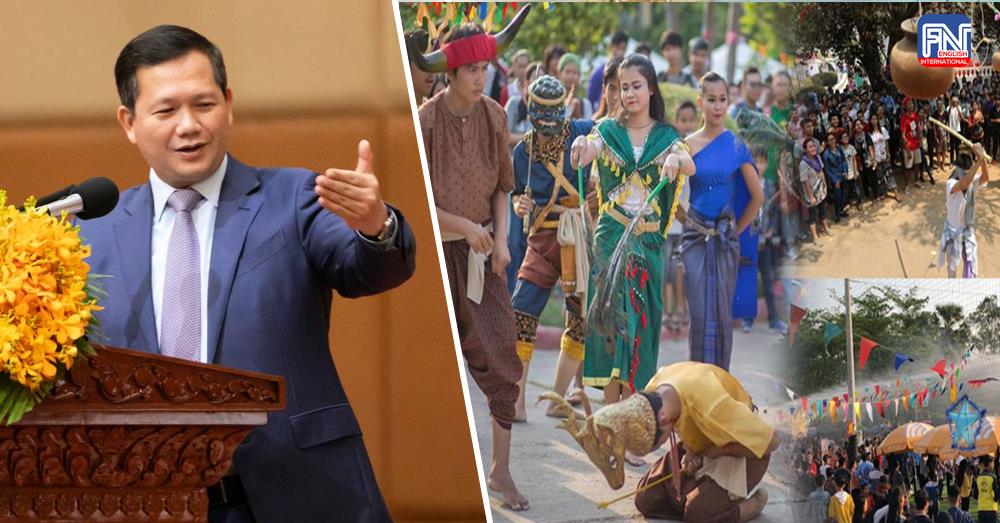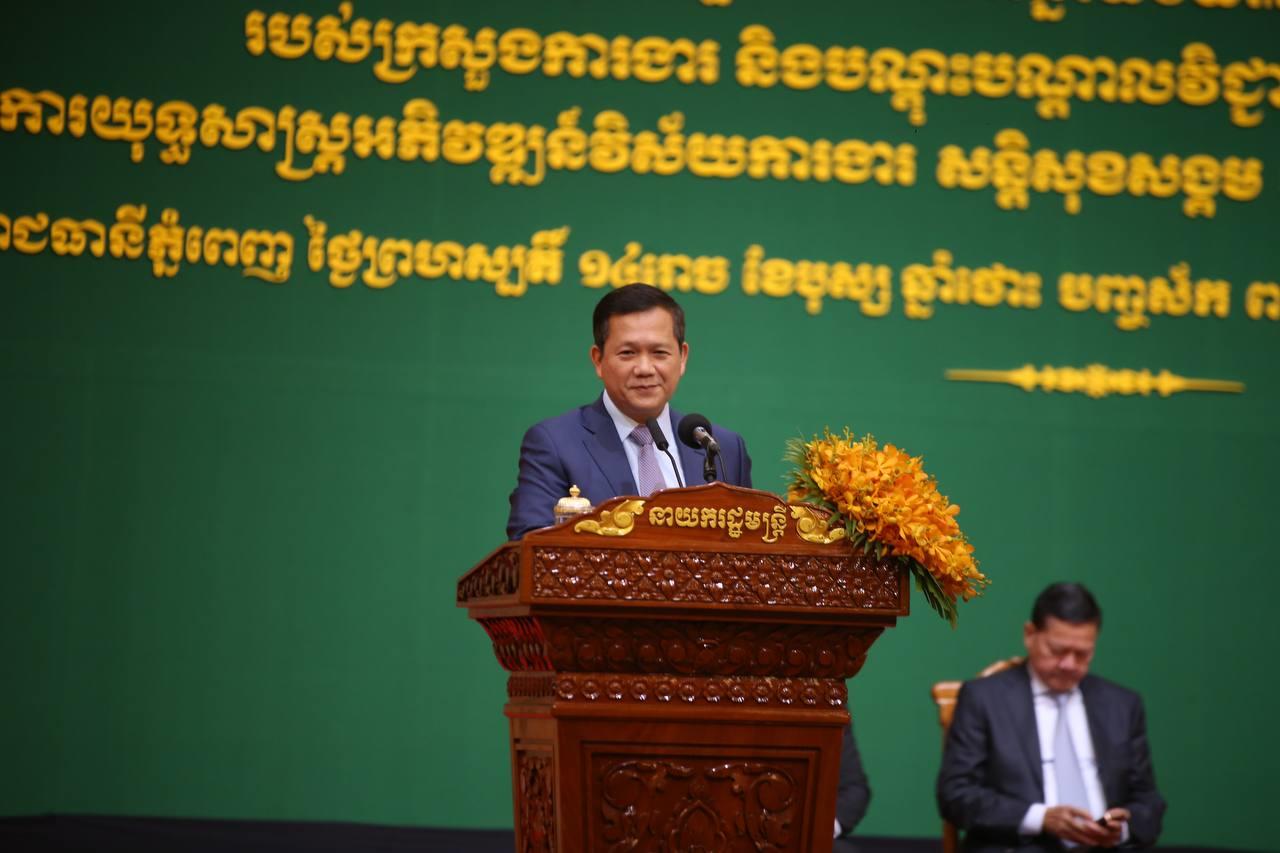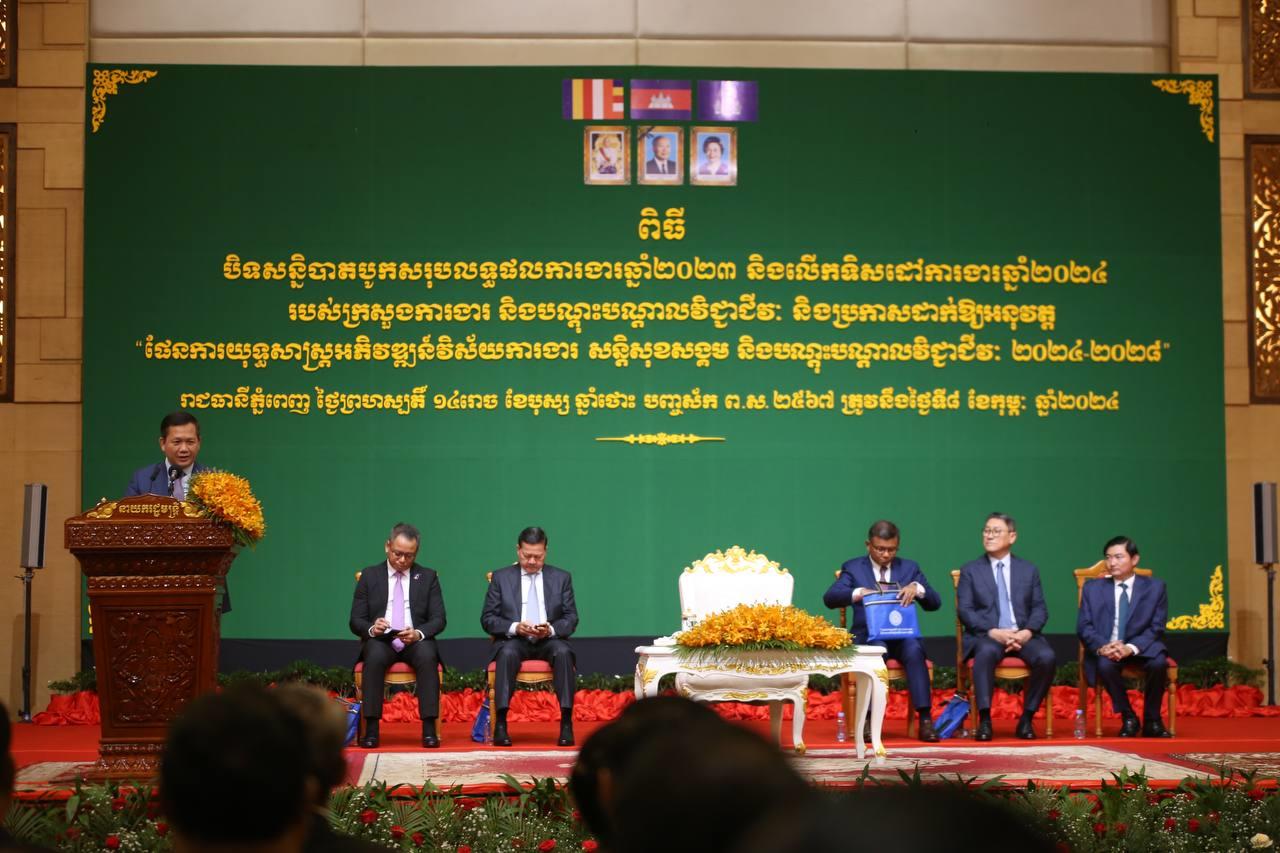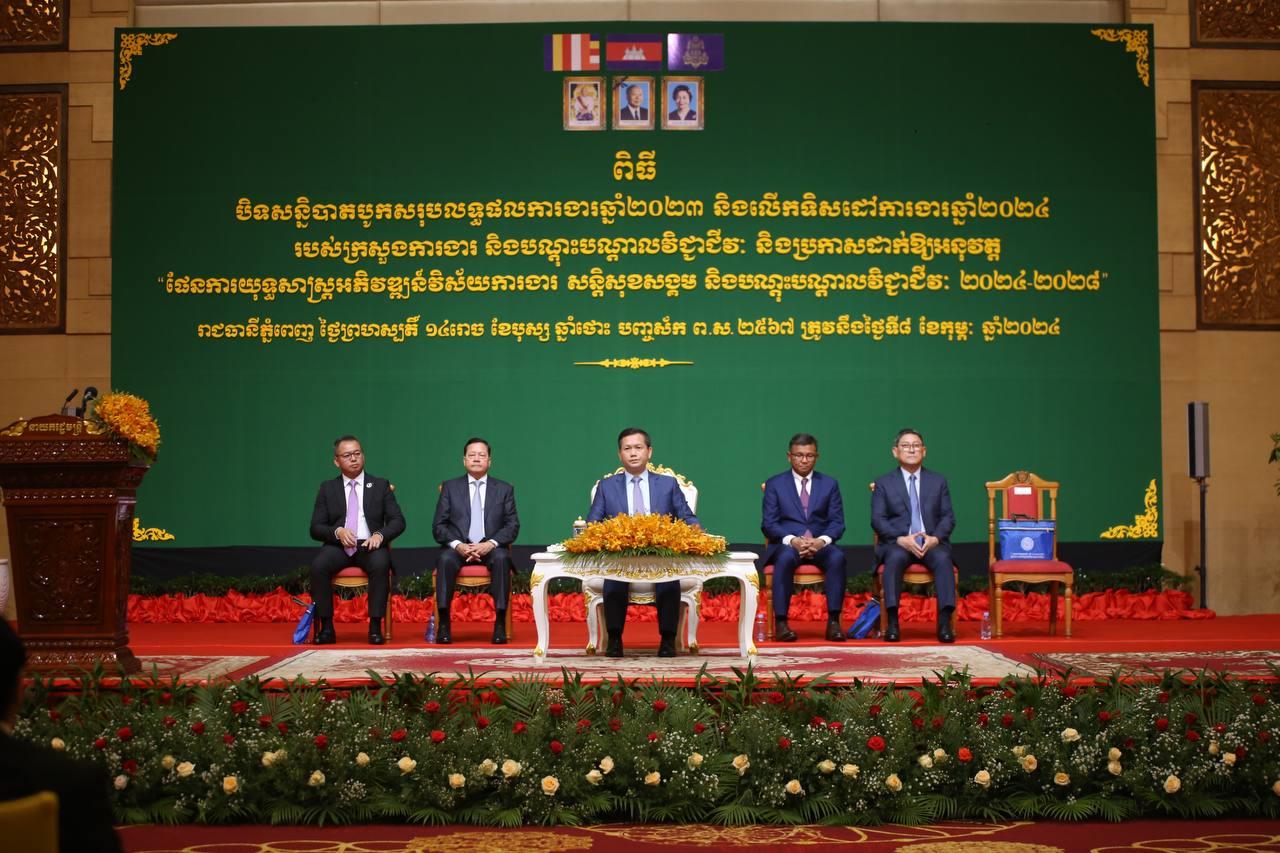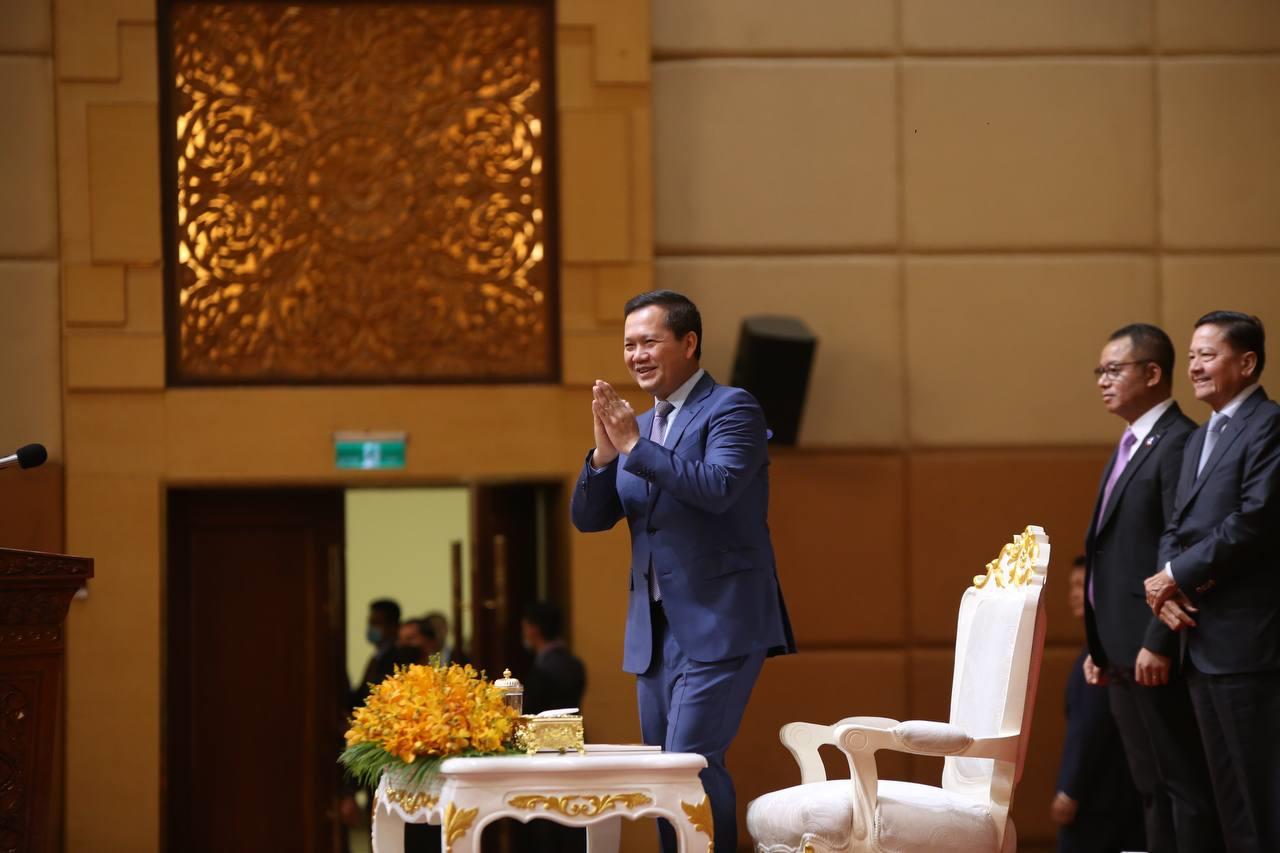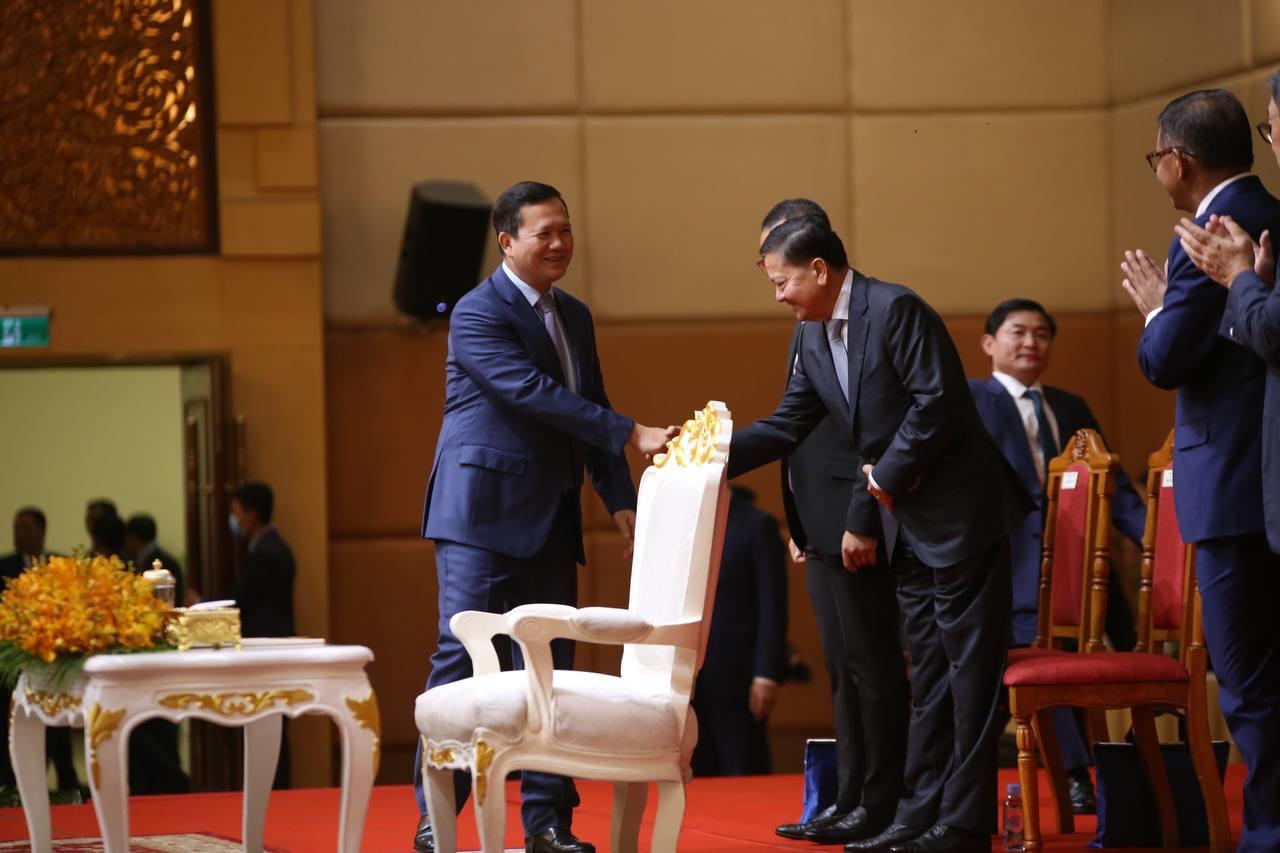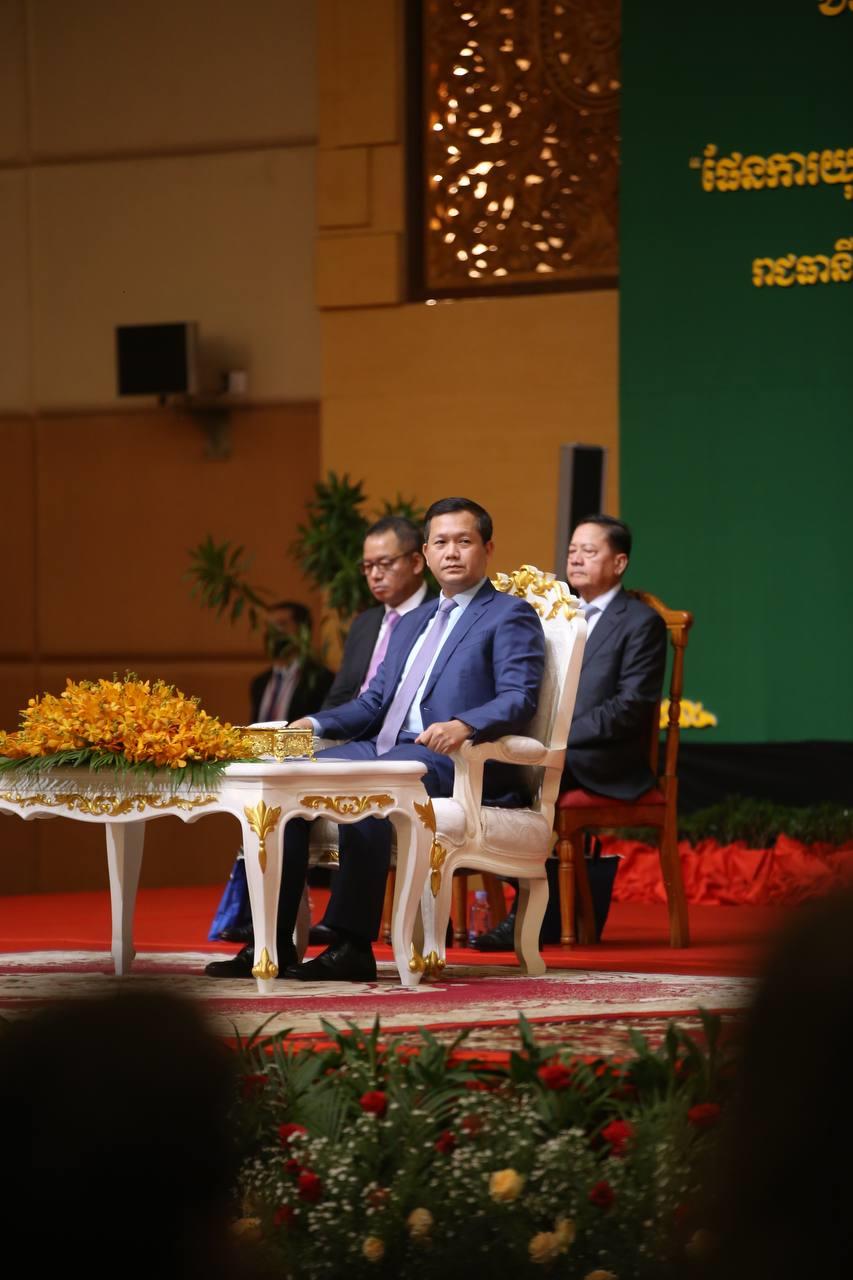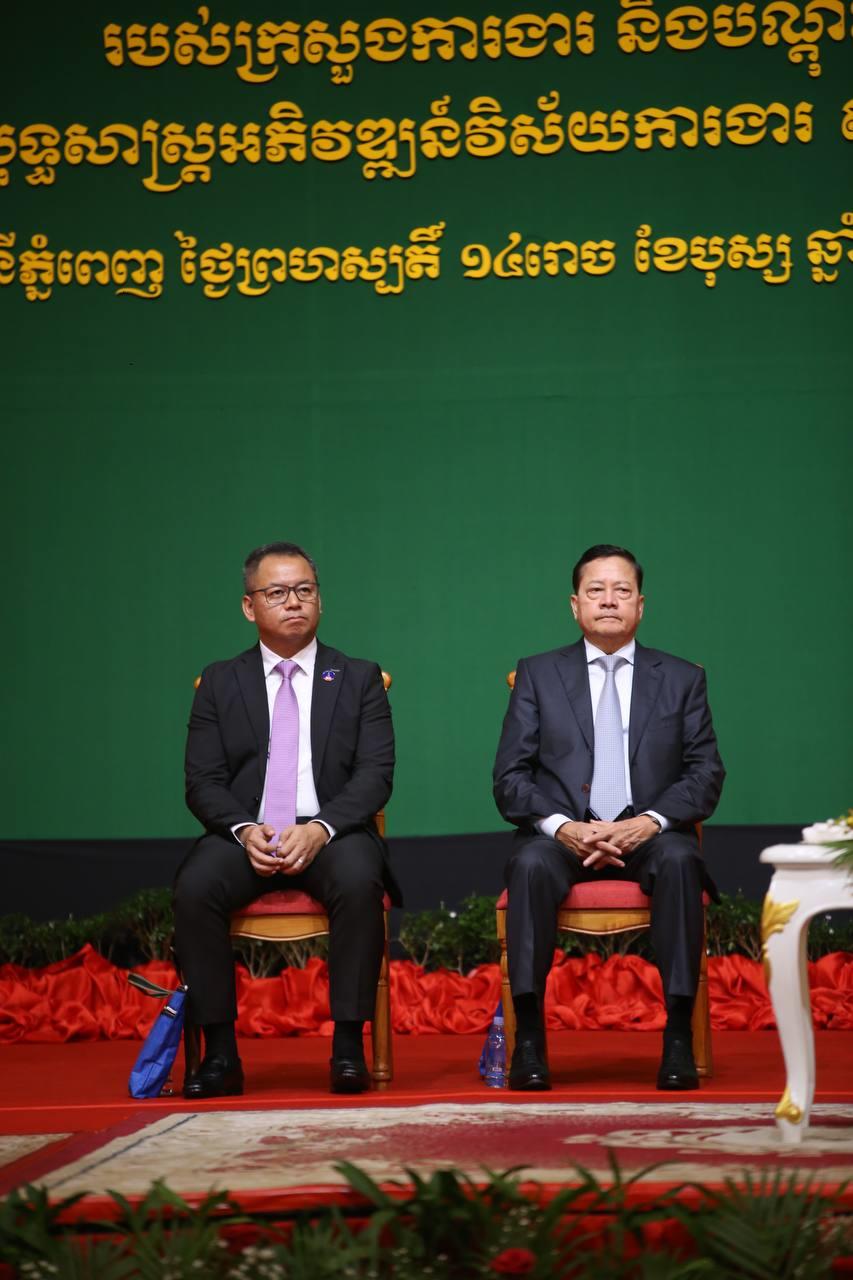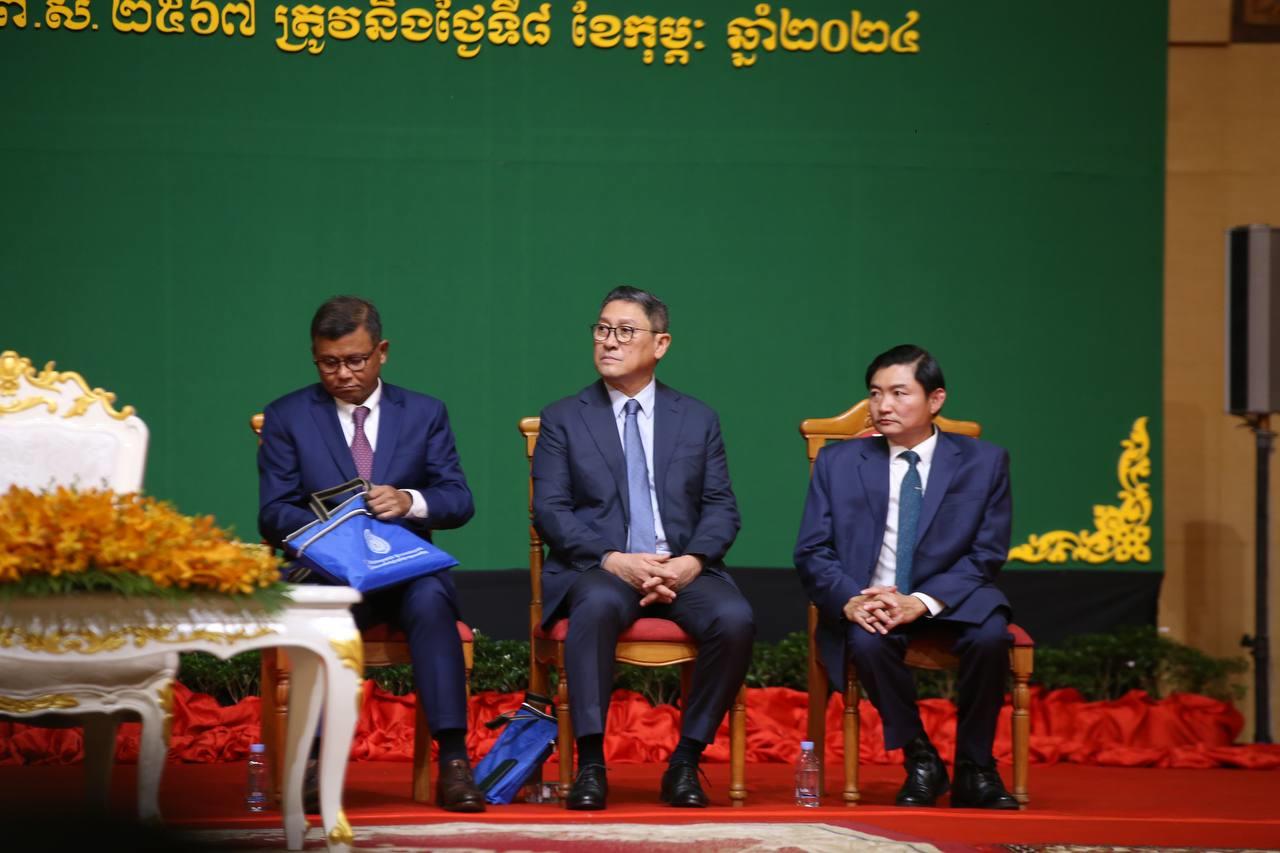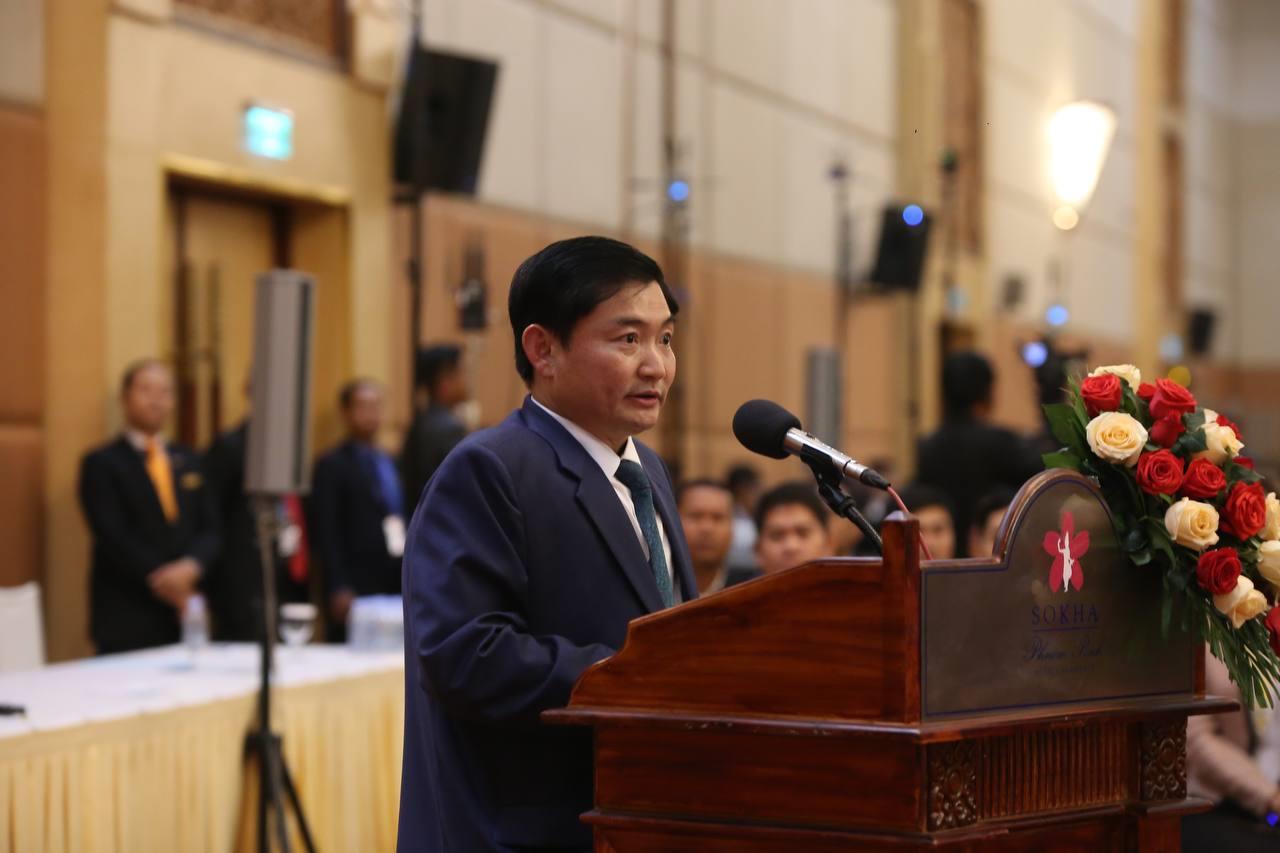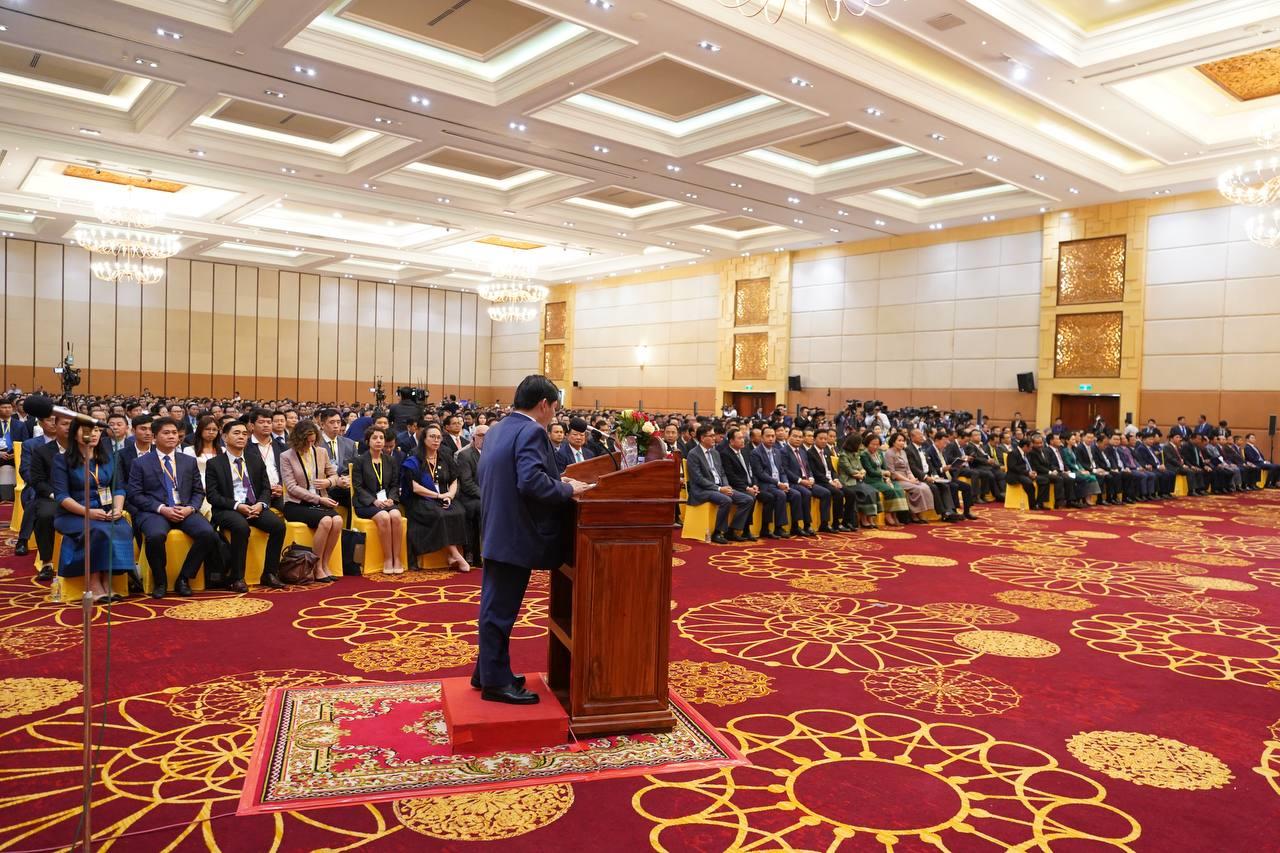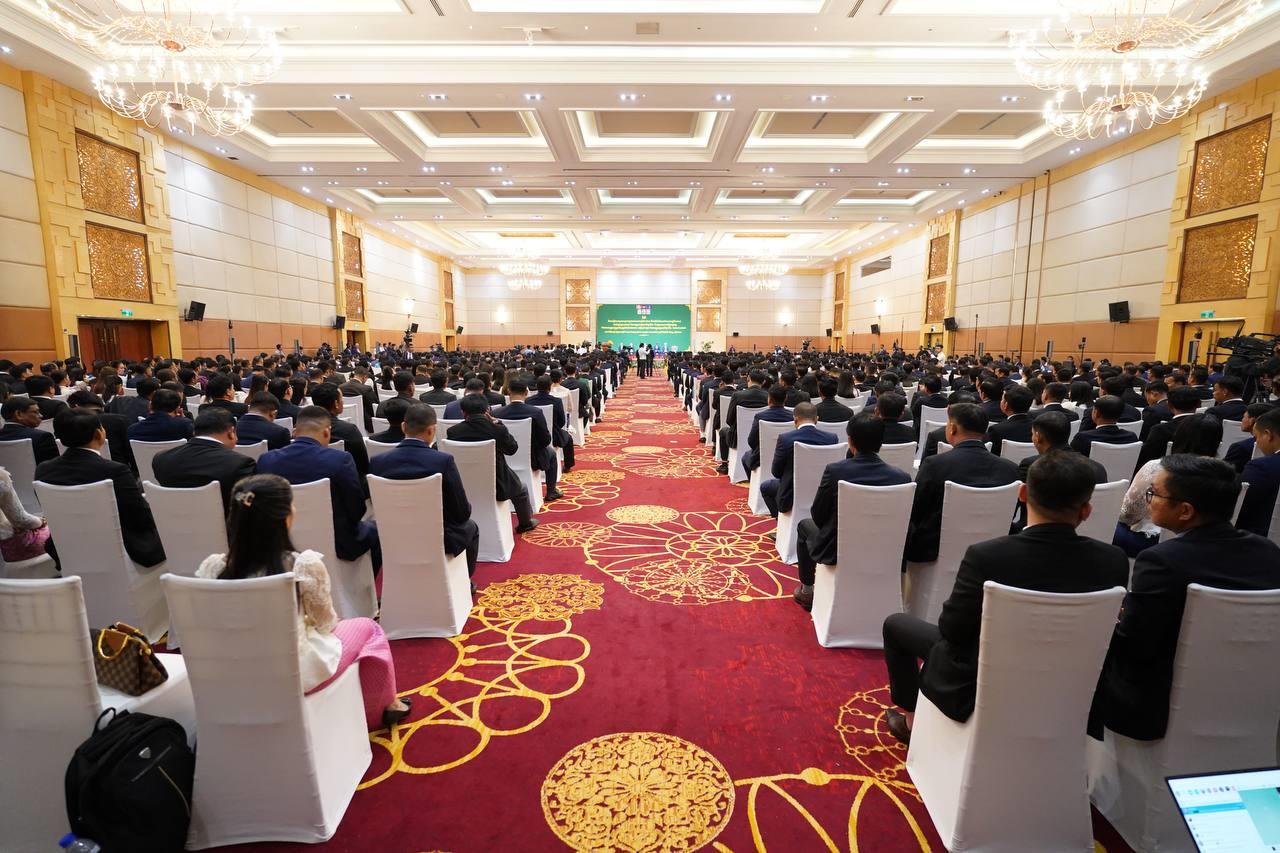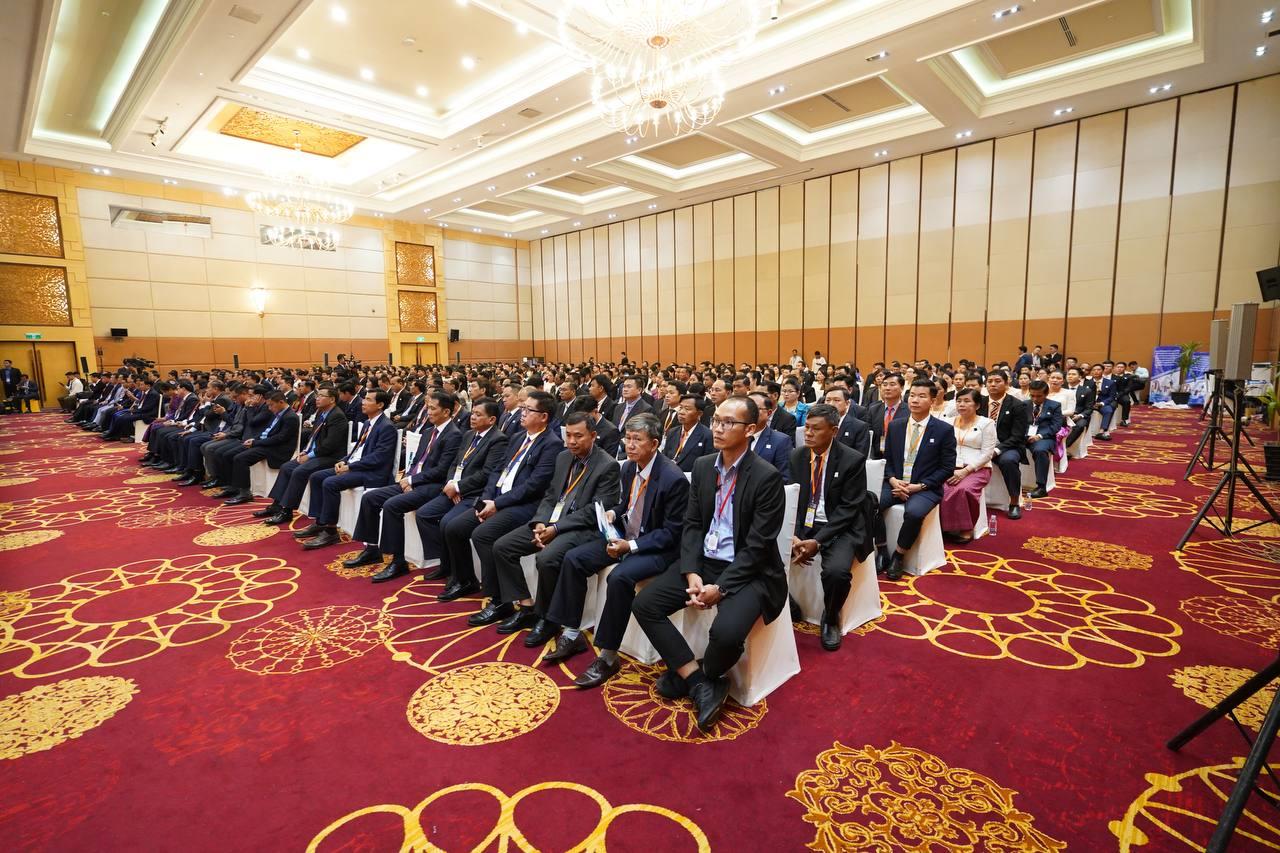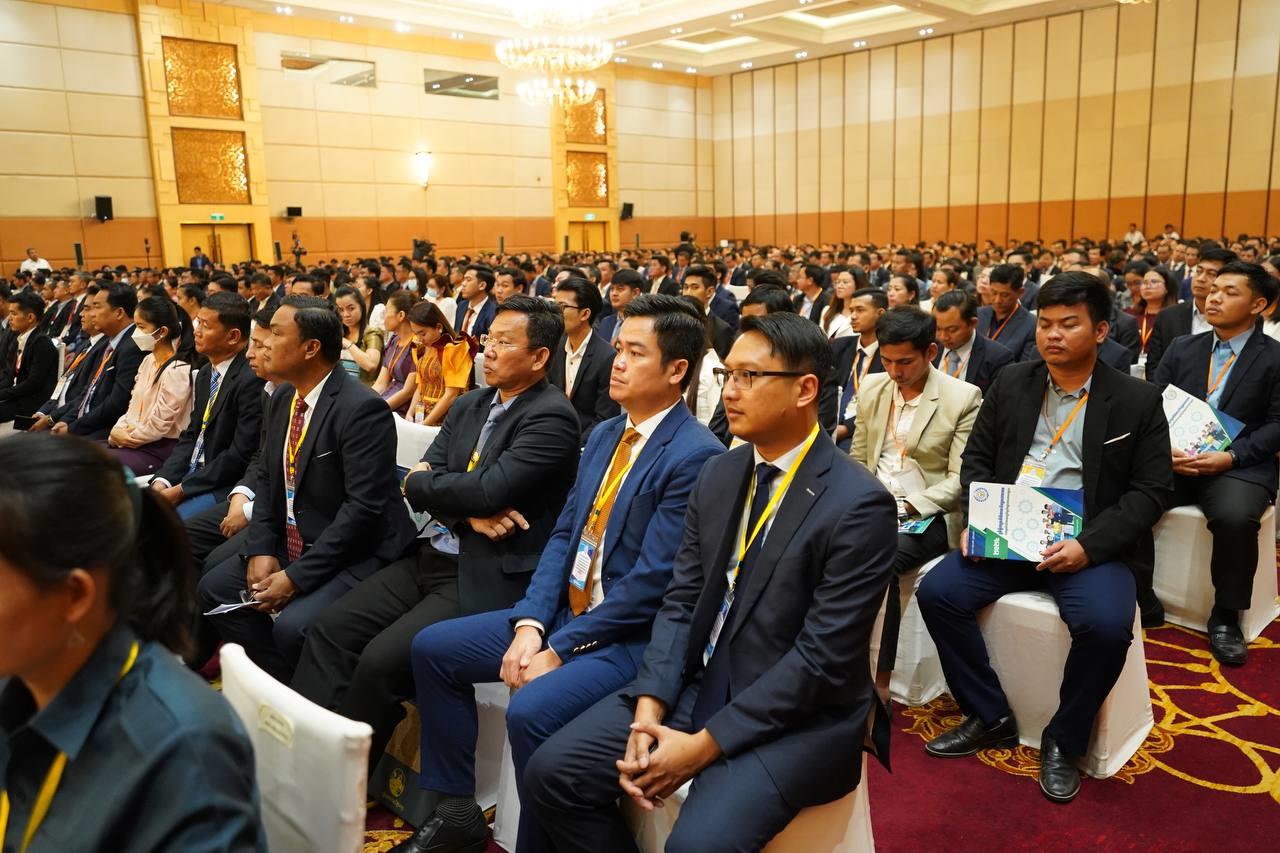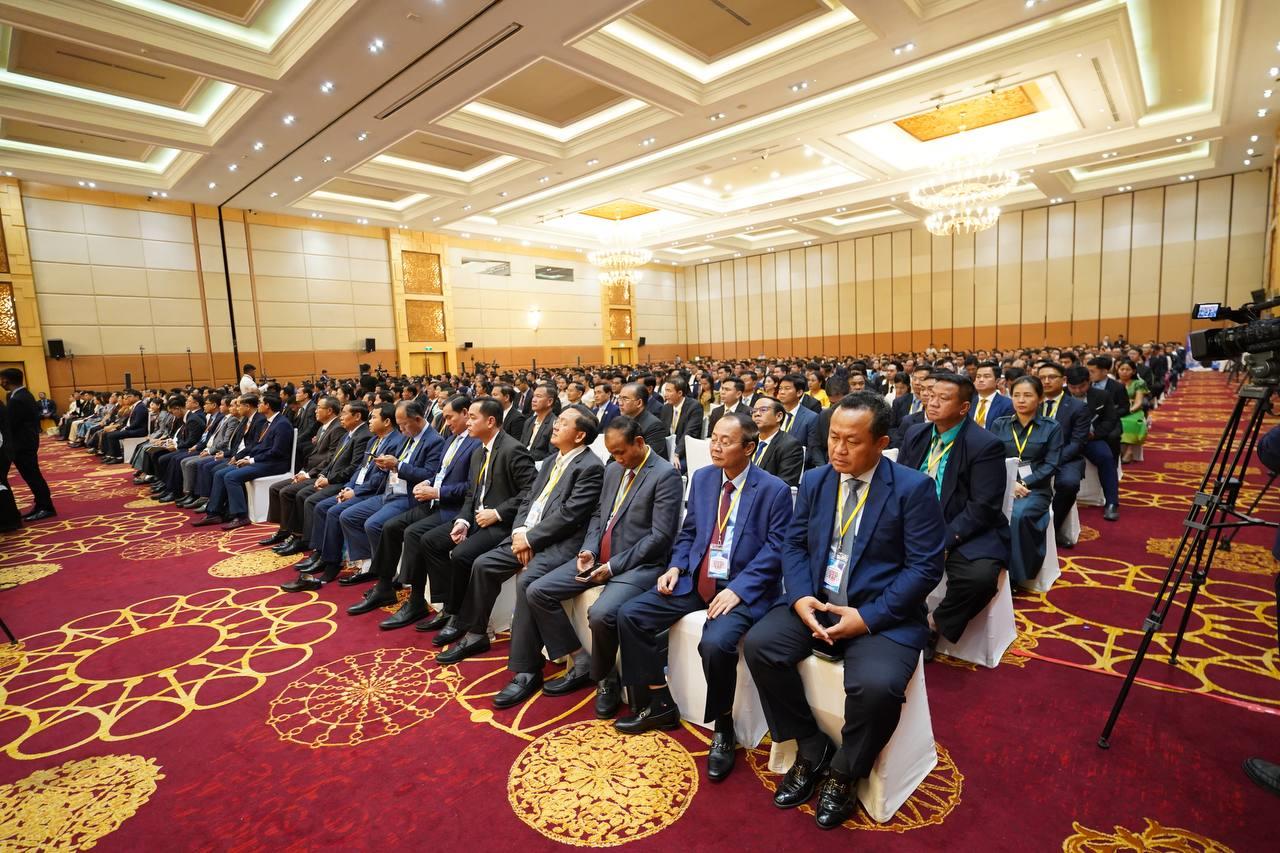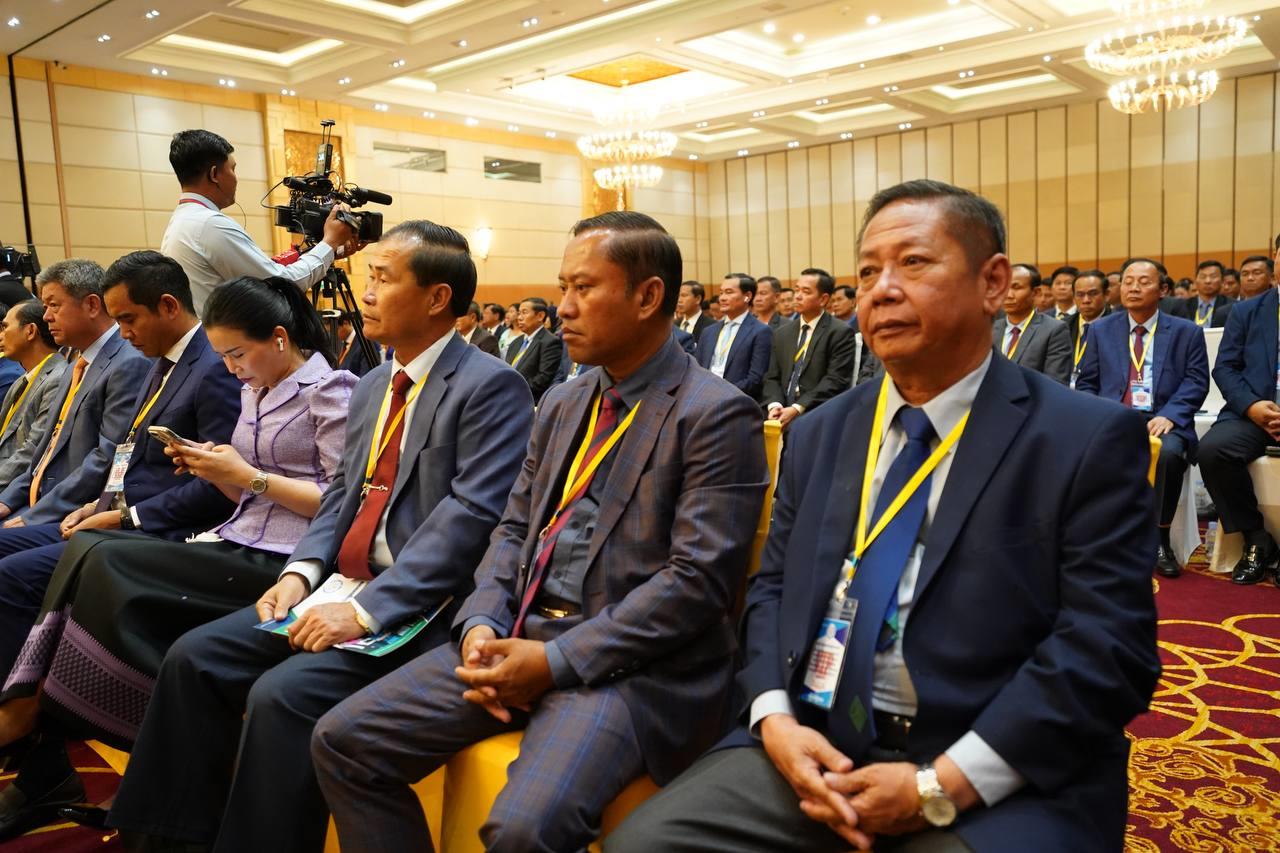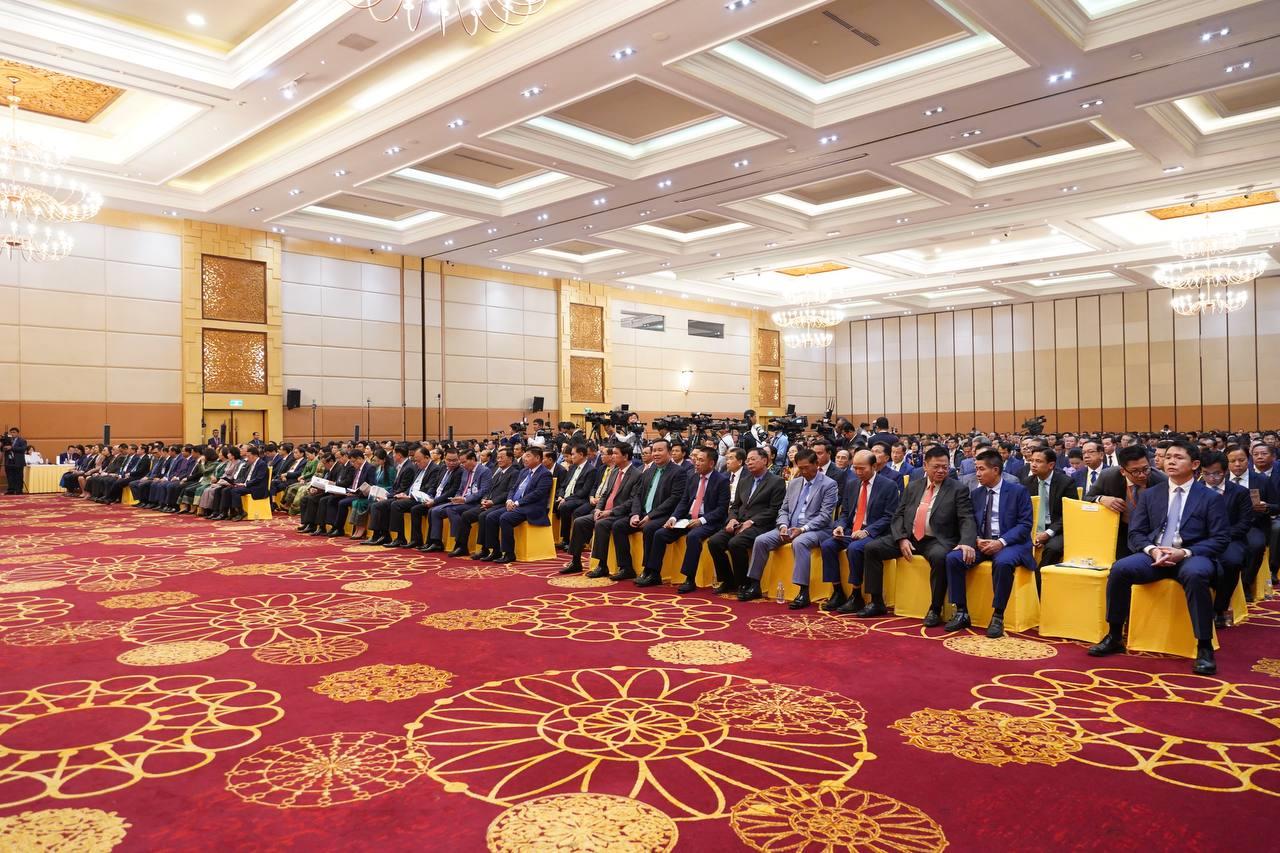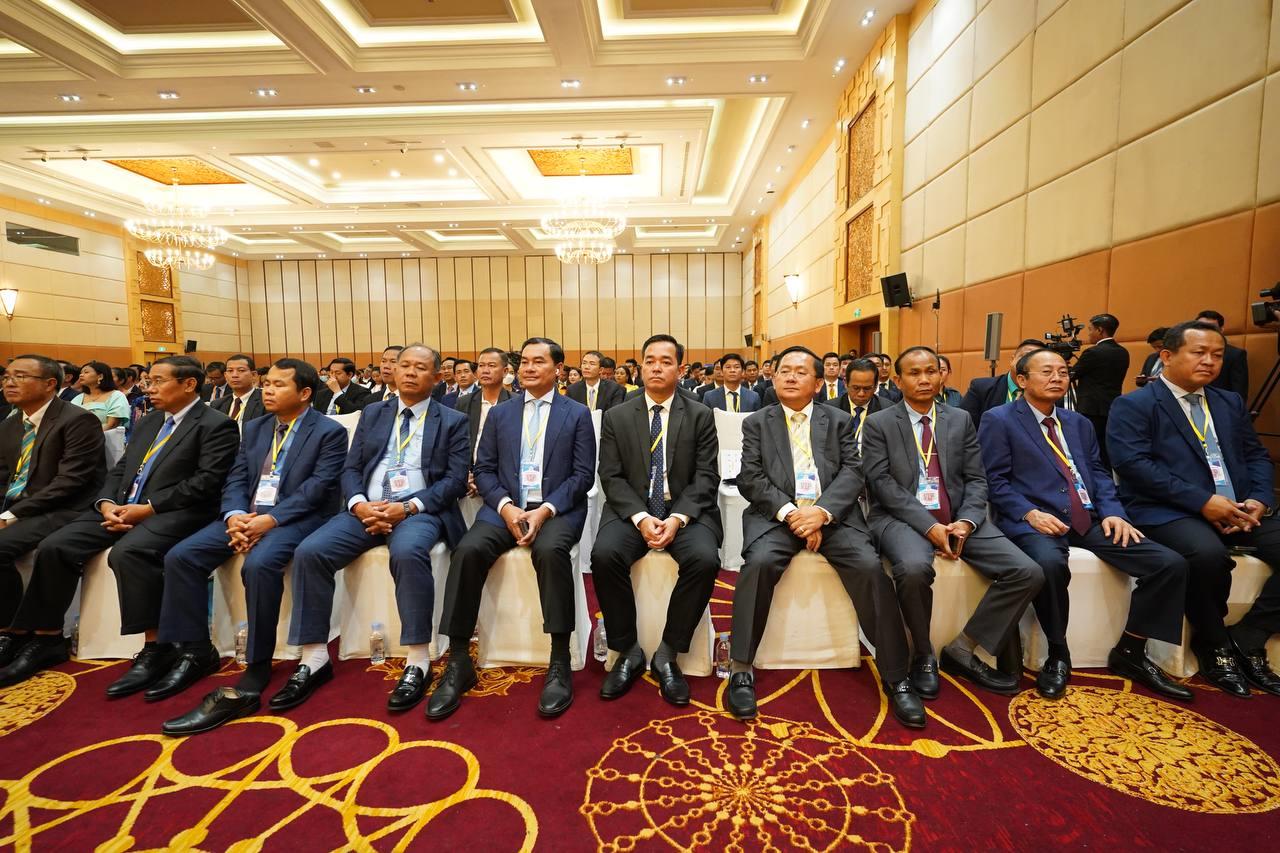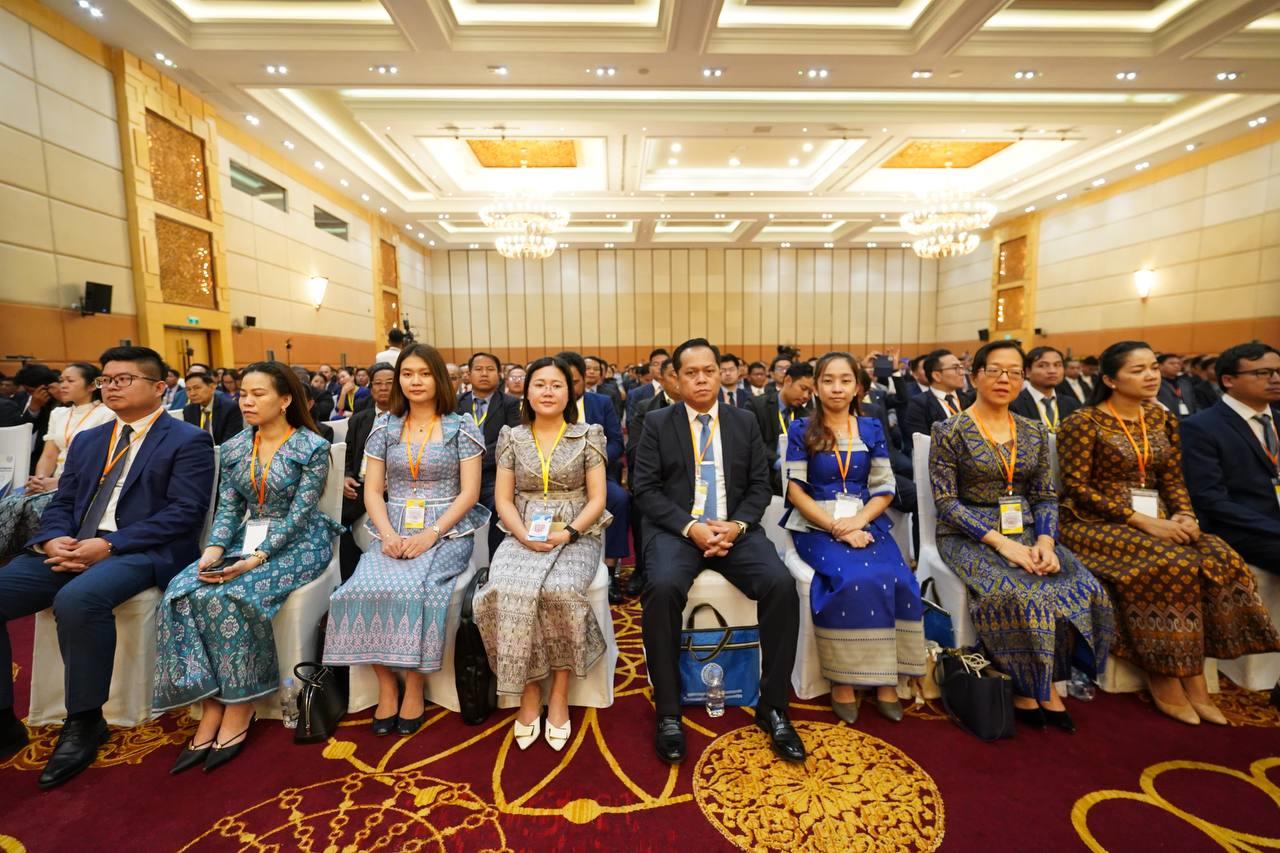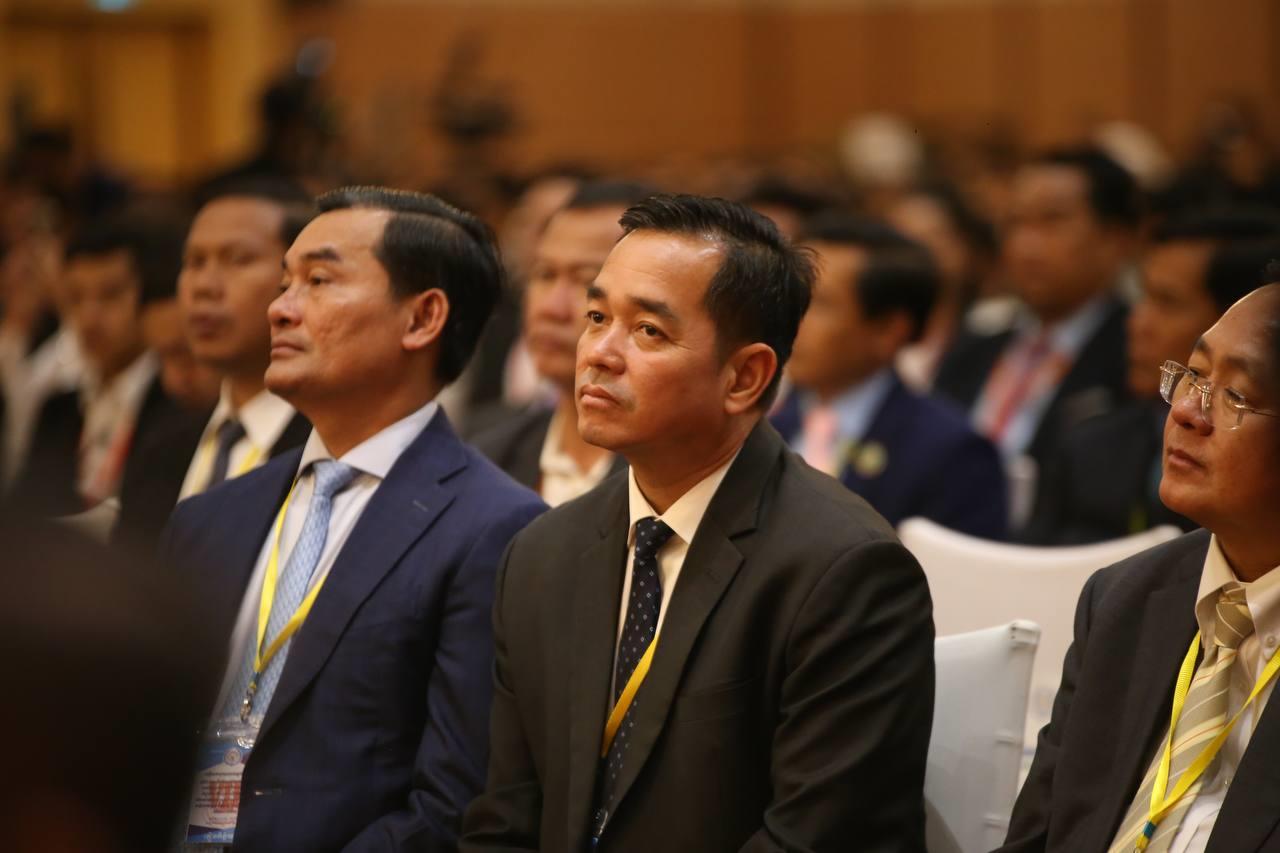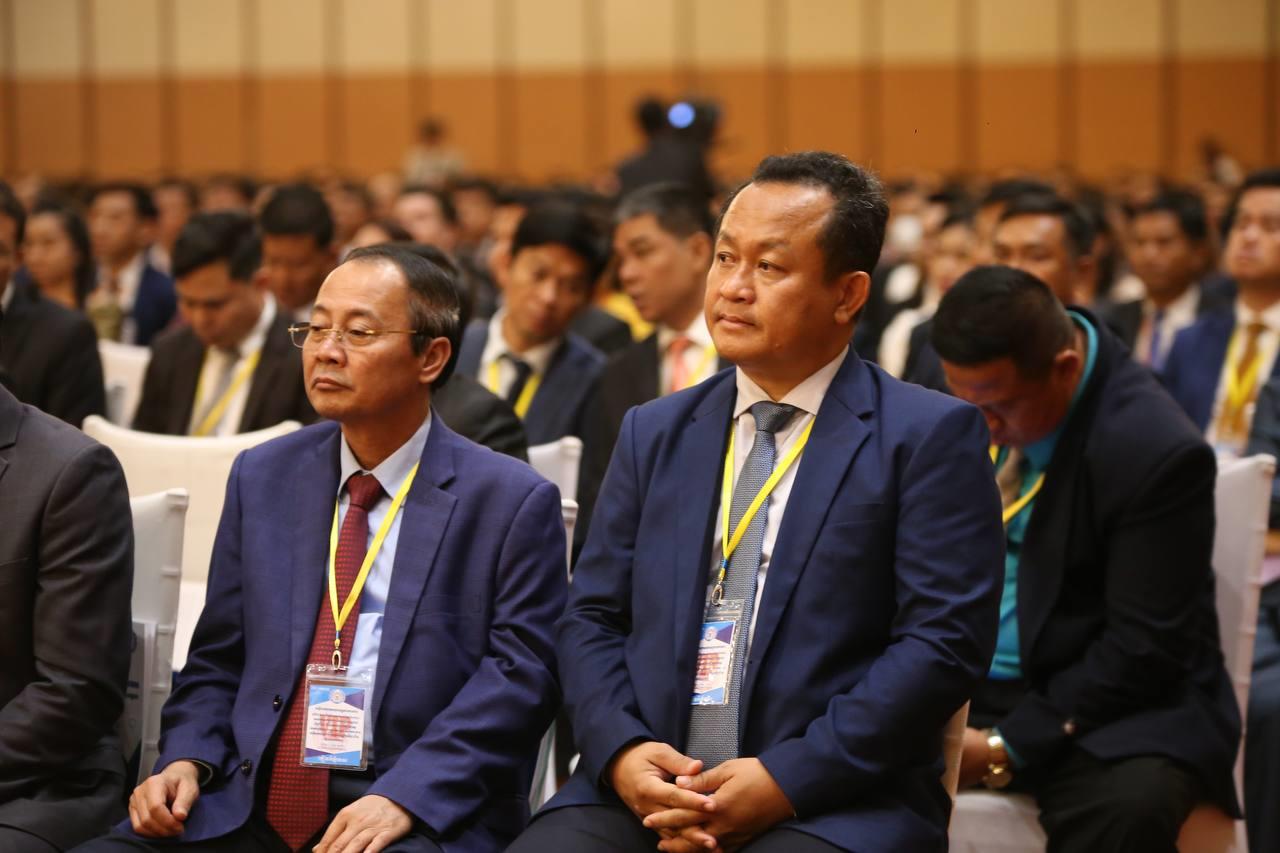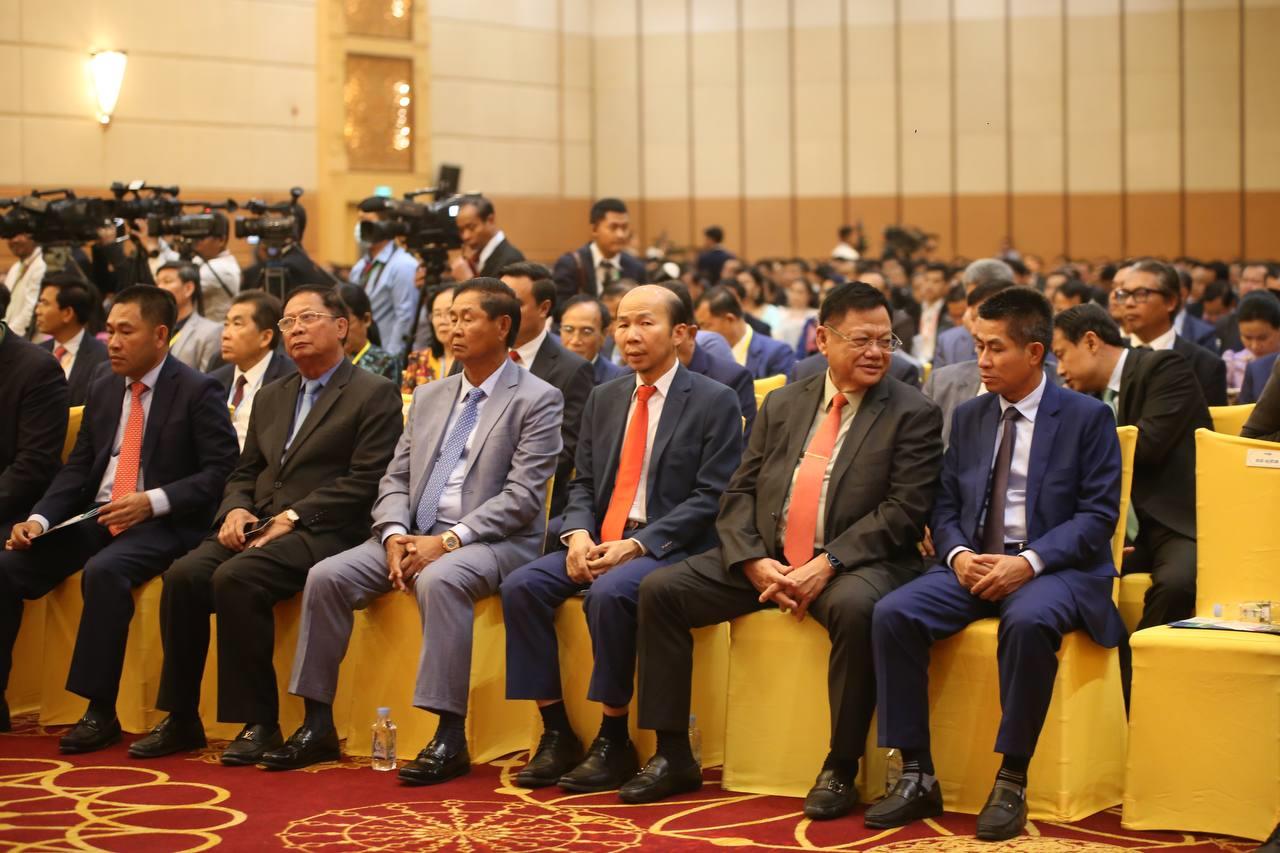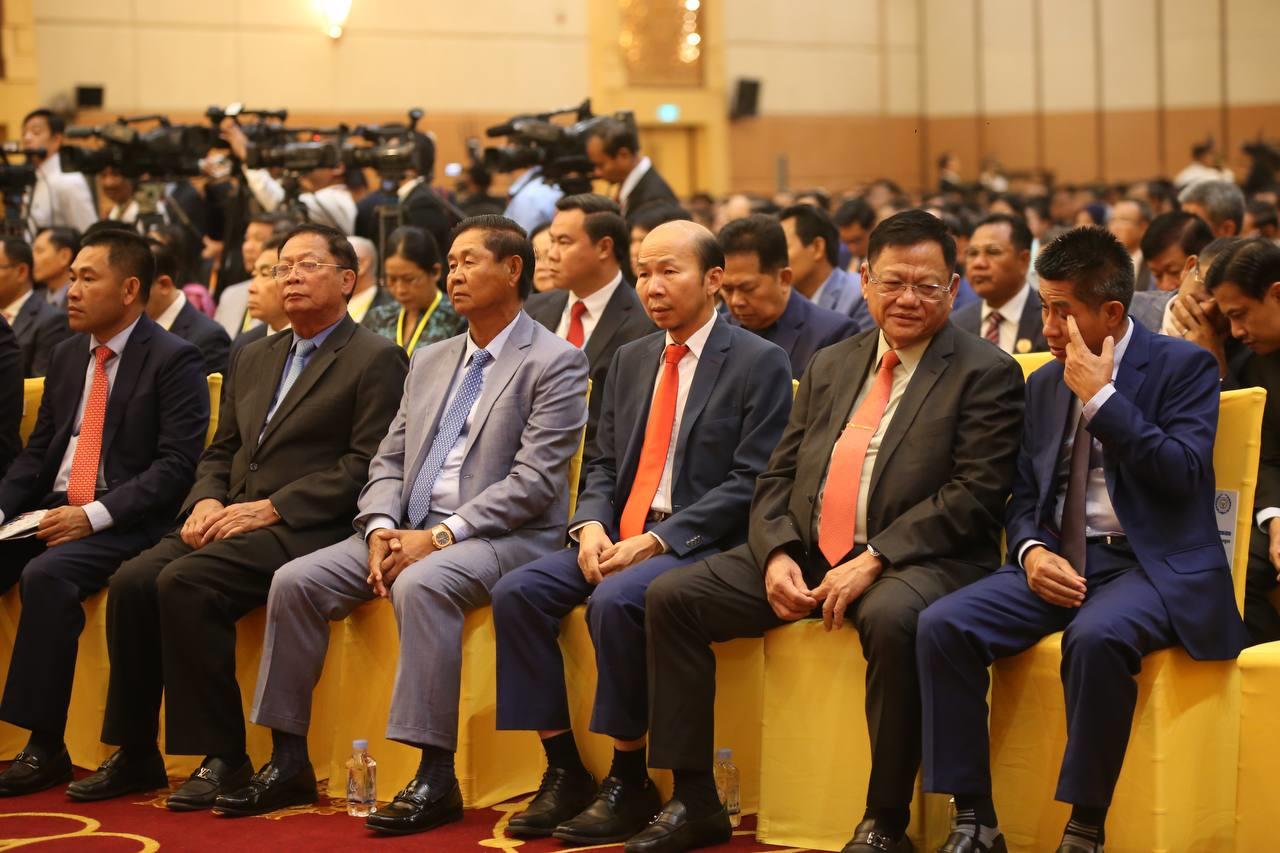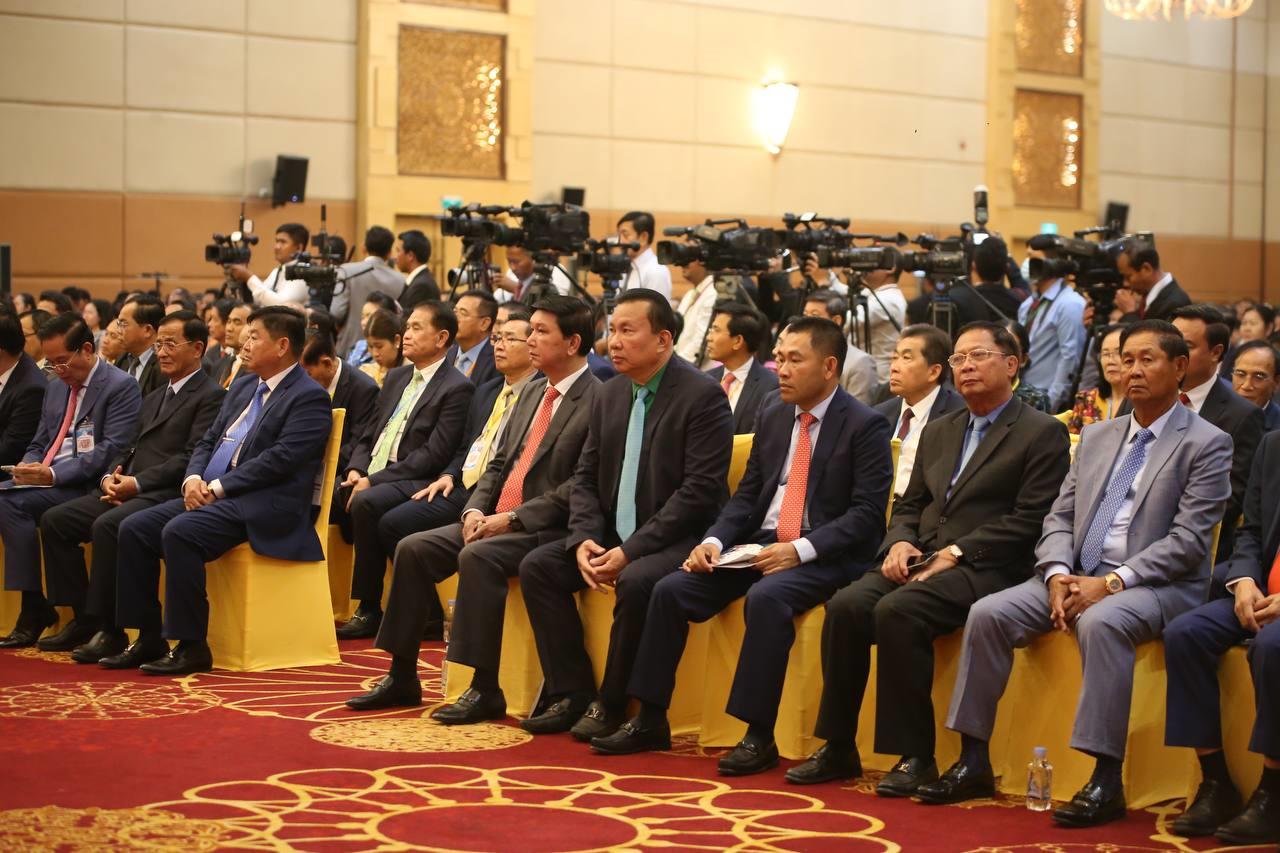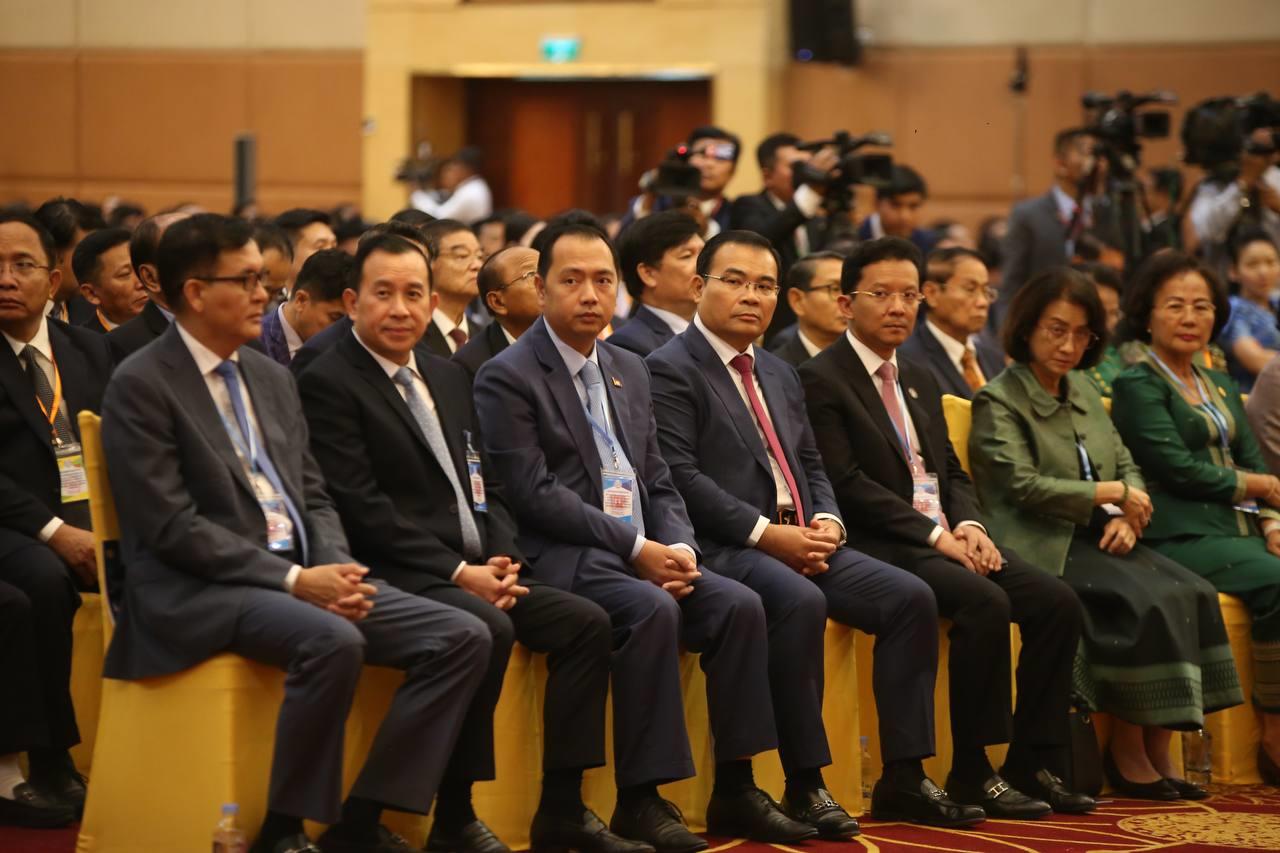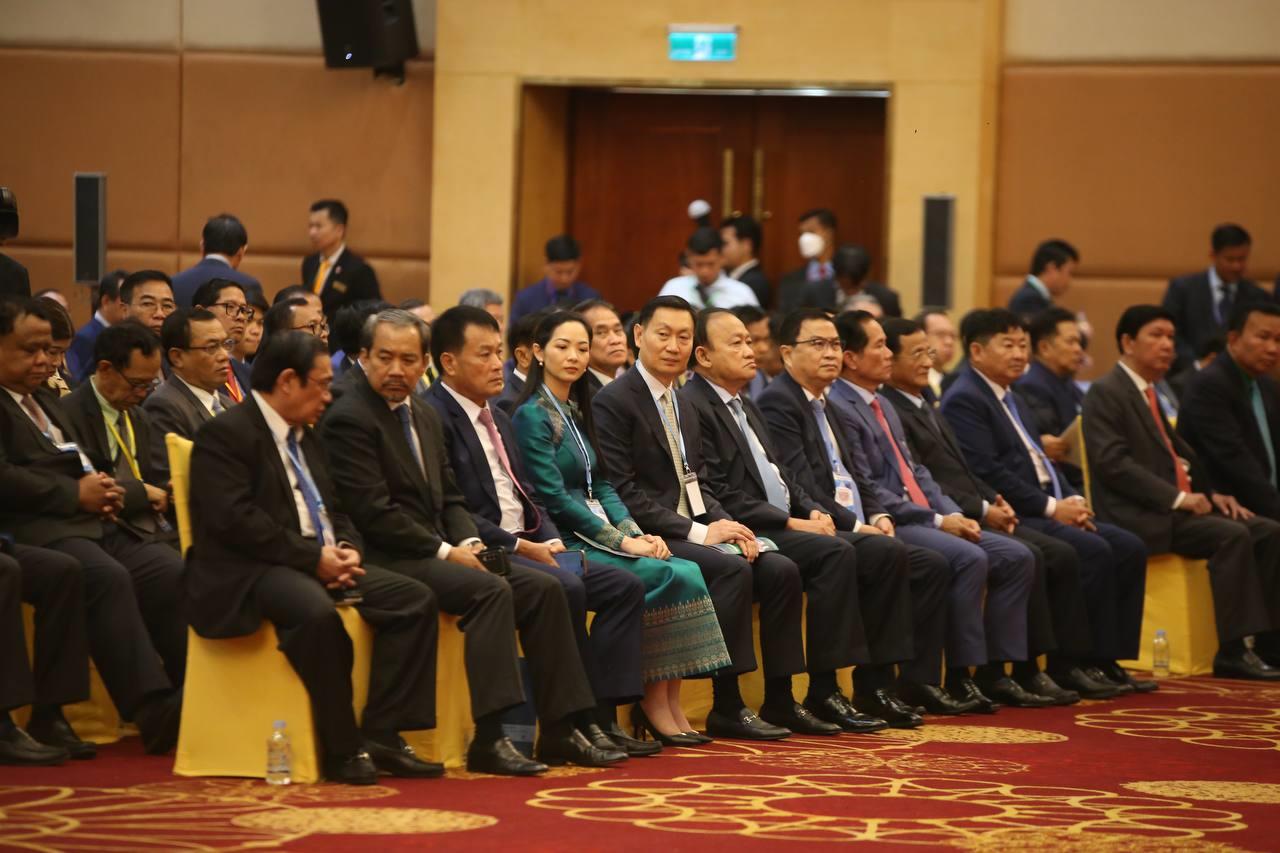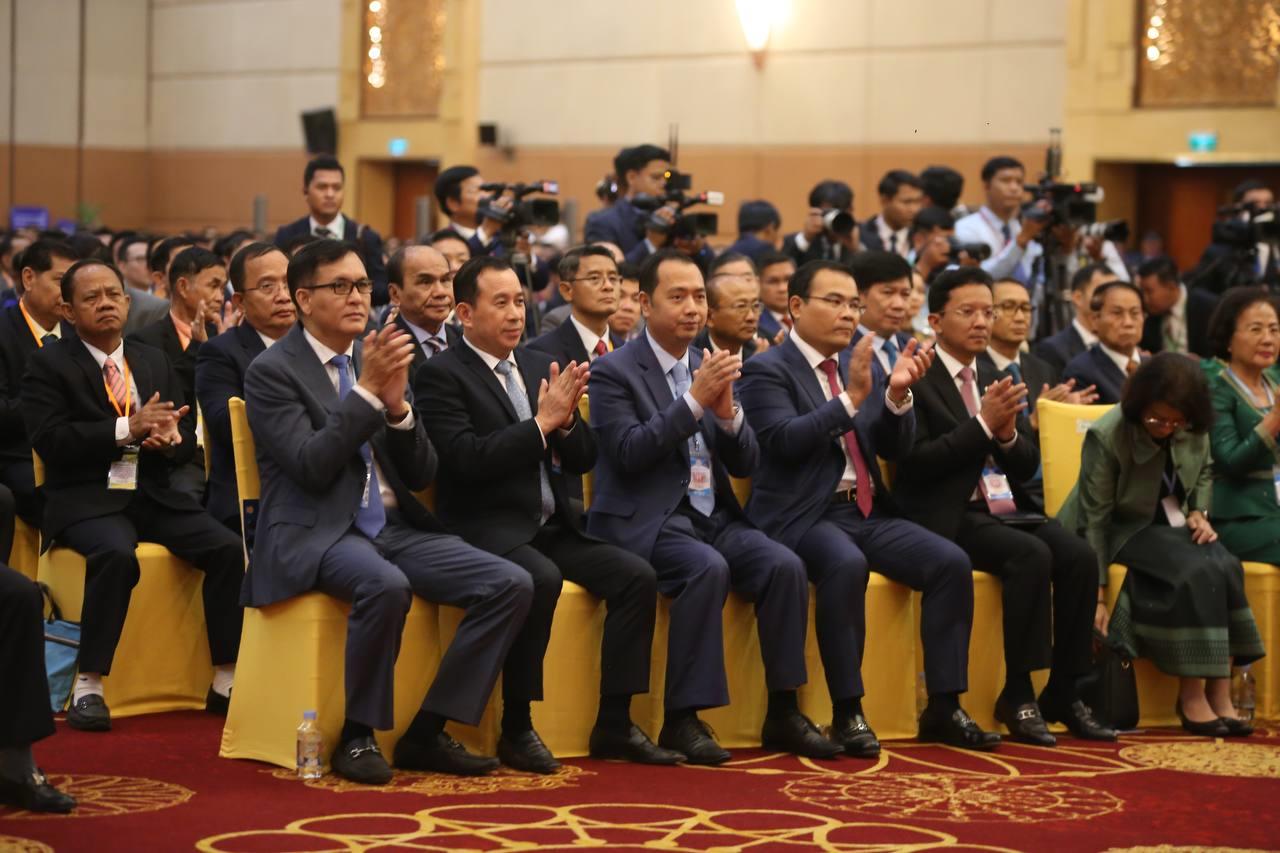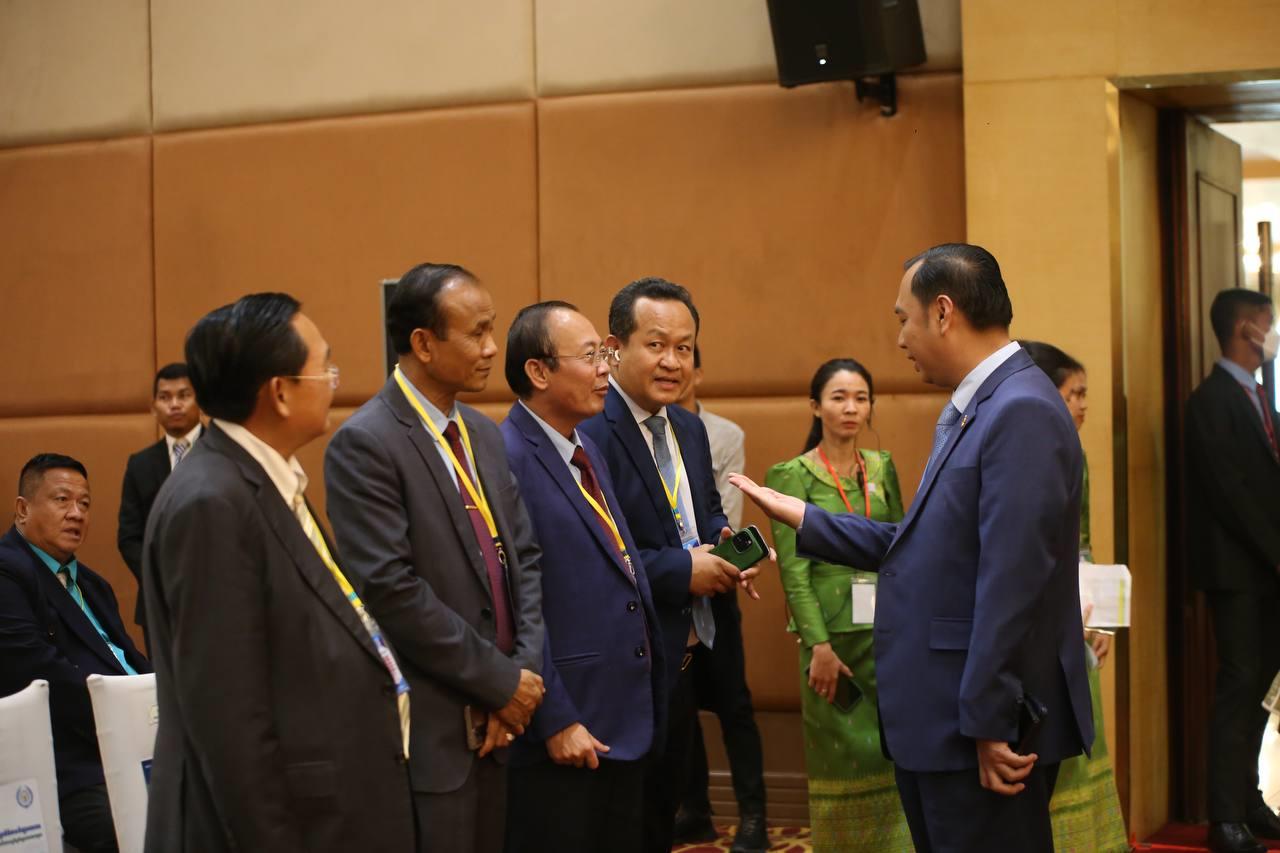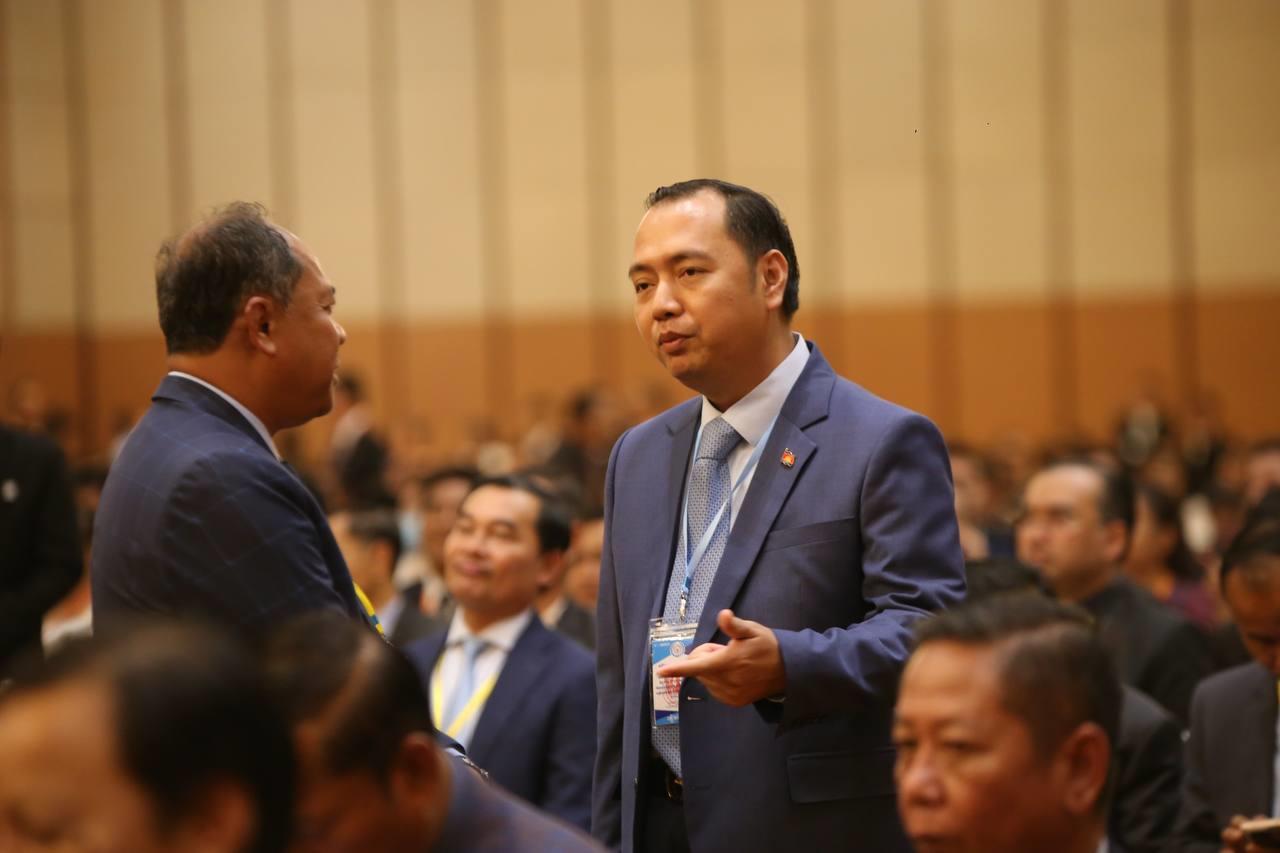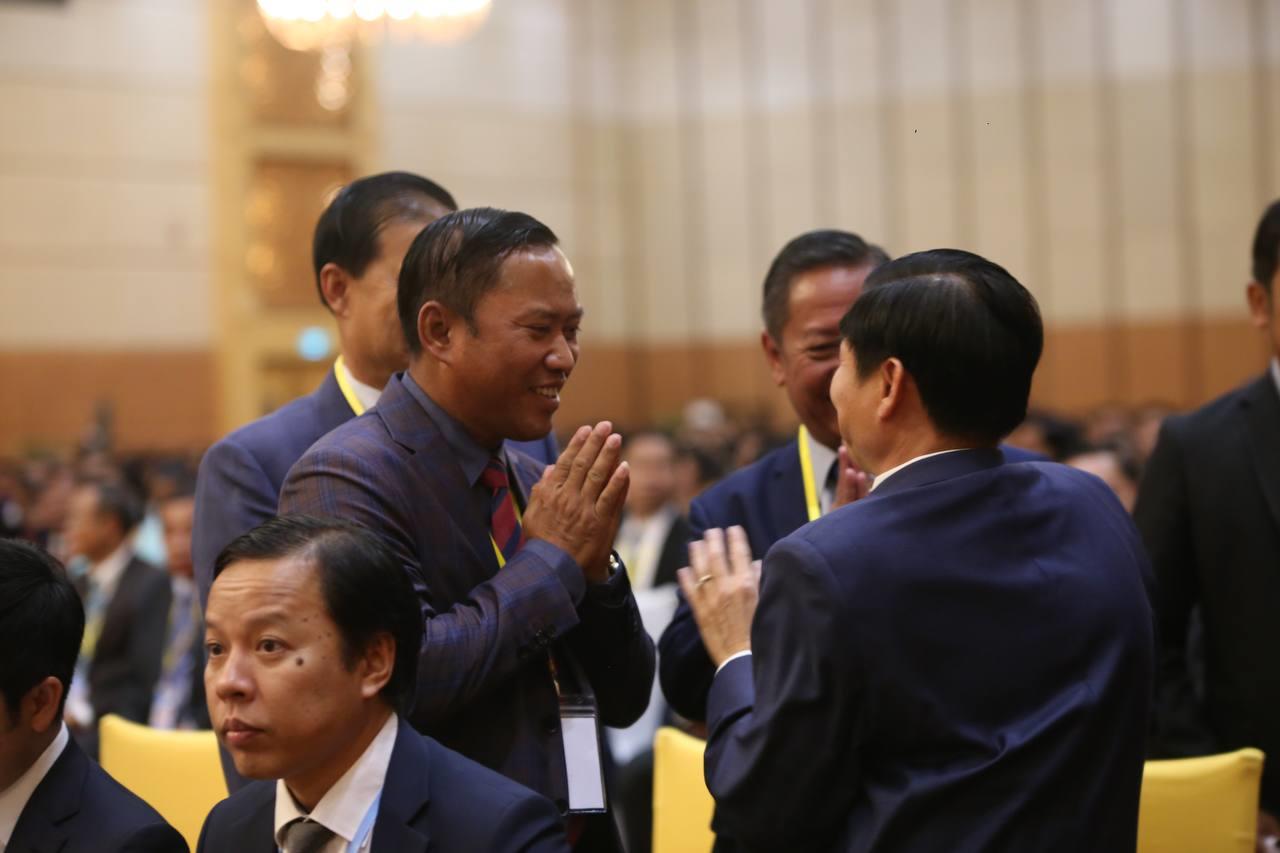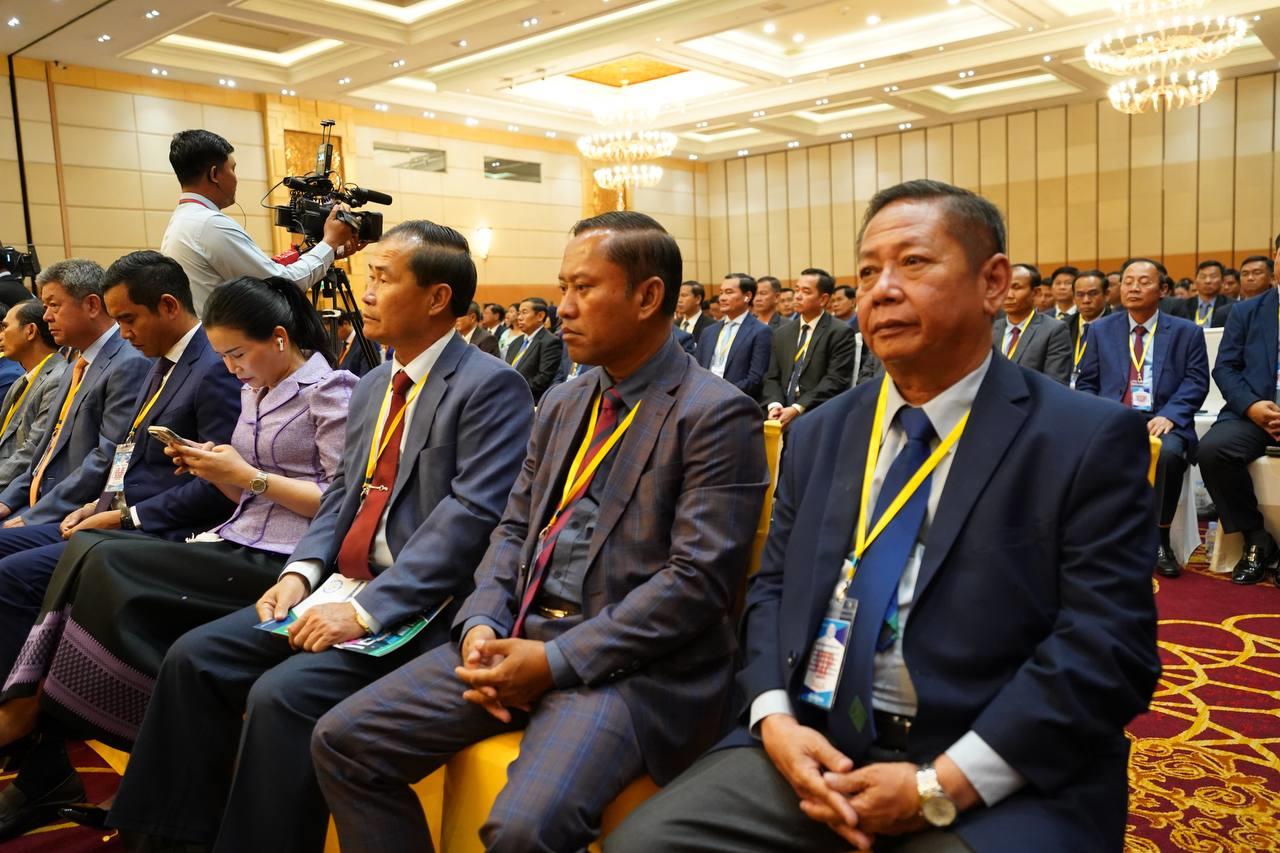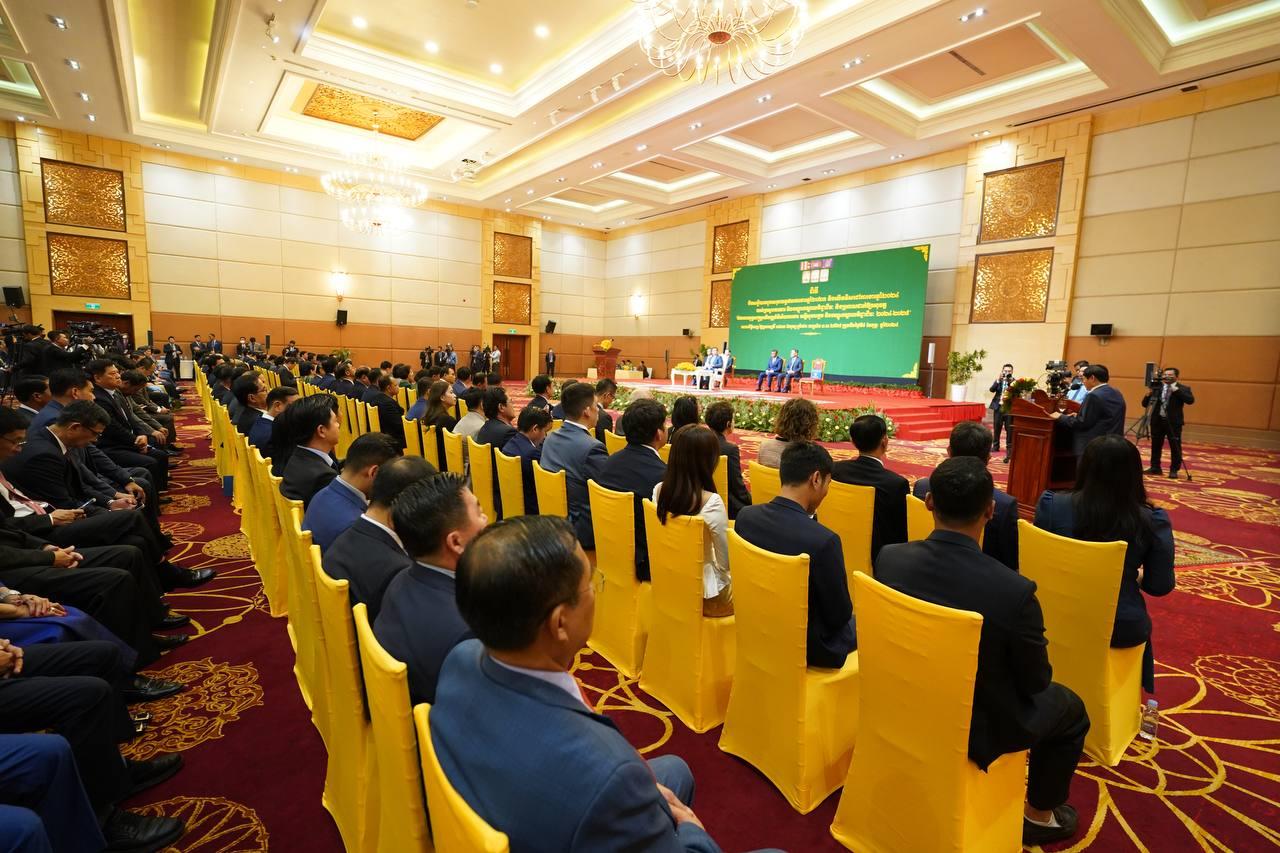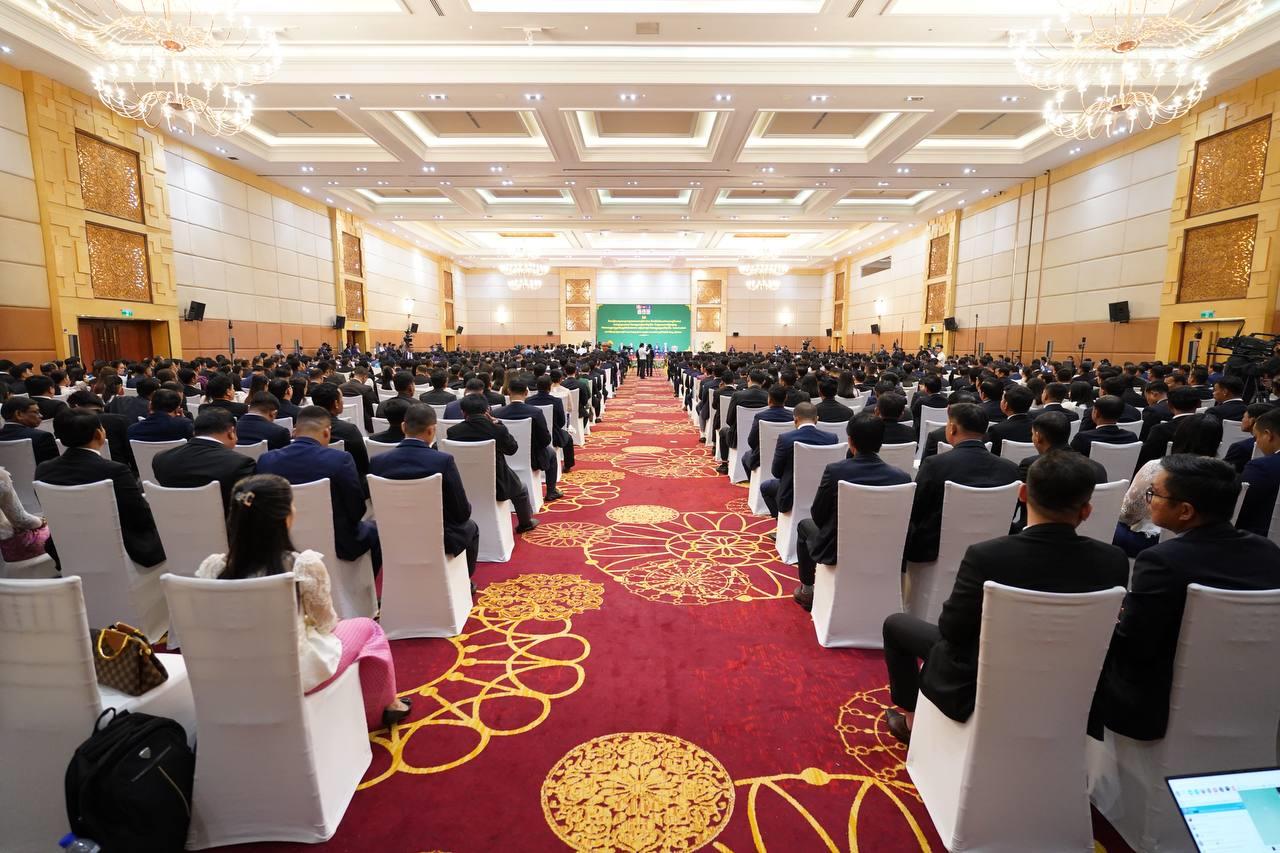Phnom Penh (FN), Feb. 8 – Cambodian Prime Minister Hun Manet stated that in the future, Cambodia also has the right to request the inscription of "Songkran in Cambodia" in the UNESCO Intangible Cultural Heritage of Humanity list.
The premier spoke on Thursday (Feb. 8) at the annual meeting of the Ministry of Labour at Sokha Phnom Penh Hotel.
Samdech Thipadei’s clarification came after there were public misconceptions that the inscription of "Songkran in Thailand" on the UNESCO Intangible Cultural Heritage of Humanity list implies exclusivity to Thailand. On the contrary, Samdech Thipadei underlined that the Songkran festival is celebrated in various Buddhist countries, and while Thailand has applied for "Songkran in Thailand," Cambodia will consider applying for "Songkran in Cambodia" later.
Samdech Thipadei continued,
"Cultural similarities exist between Thai and Khmer, just as Muay Thai and Kun Khmer demonstrate. Both Songkran in Thailand and Songkran in Cambodia hold significant cultural importance. There is nothing wrong with Cambodia also registering Songkran as its heritage. Let's not allow misunderstandings to escalate into conflicts between nations."
On the occasion, Samdech Thipadei urged people not to view cultural issues as conflicts with Thailand.
Please be informed that today, numerous countries worldwide are celebrating Songkran, including Bangladesh, Cambodia, Laos, Myanmar, Sri Lanka, Thailand, parts of northeastern India, parts of Viet Nam, and Xishuangbanna, China.
Should Thailand register "Songkran in Thailand" exclusively, it will not hinder the registration of Songkran in Cambodia or any other country in the future.
The term "Songkran" appears on inscriptions at our temples. "Songkran" is a Sanskrit word originating in India, meaning a cycle of time throughout the year.
Intangible heritage is intrinsic to human beings, as the knowledge, customs, and practices of people from ancient times transcend present-day national boundaries. Passed down through generations, some knowledge retains its unique identity, while others adapt or evolve based on the context.
UNESCO procedures mandate that every country has the opportunity to register an intangible heritage once every two years.
=FRESH NEWS
